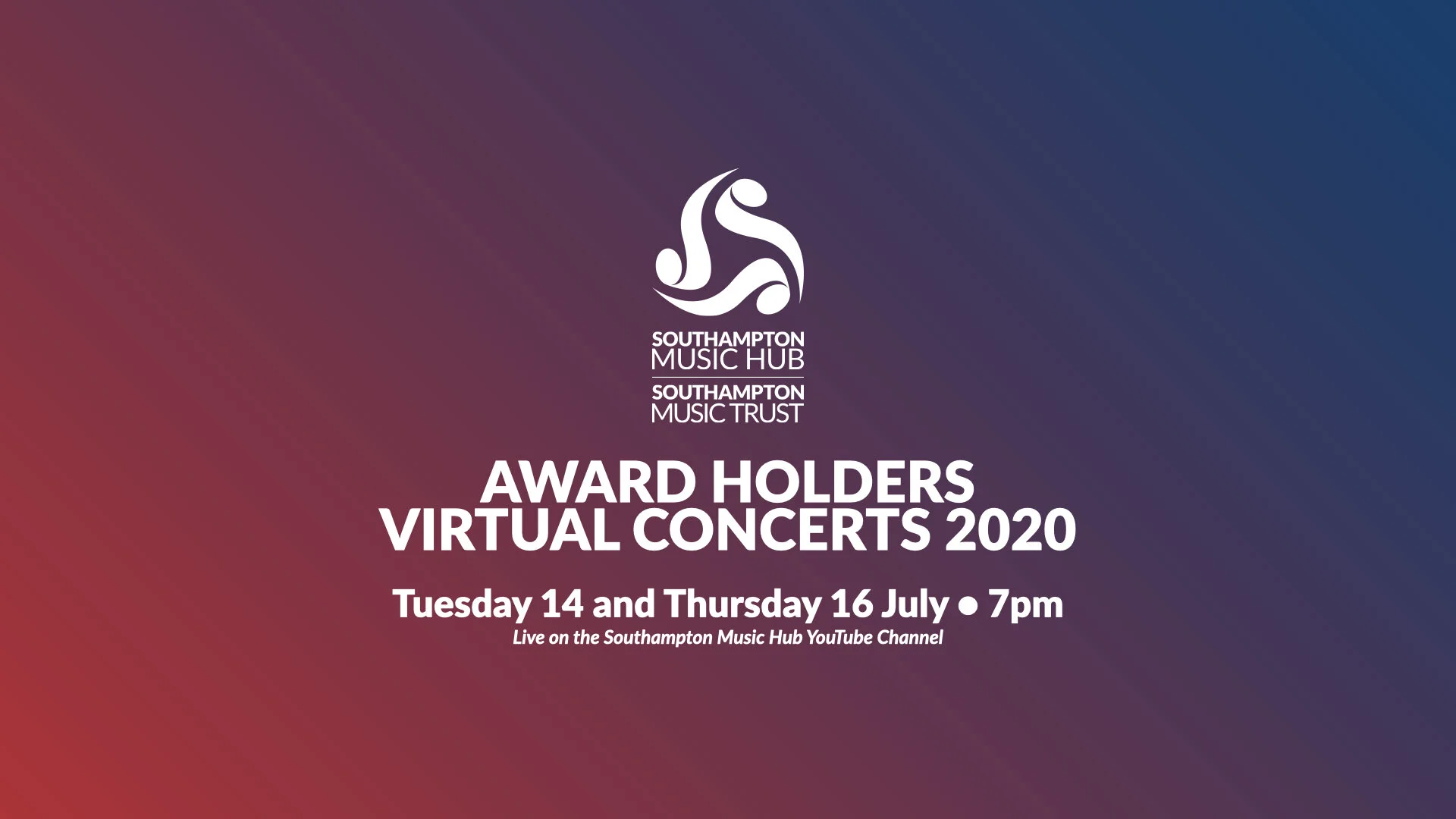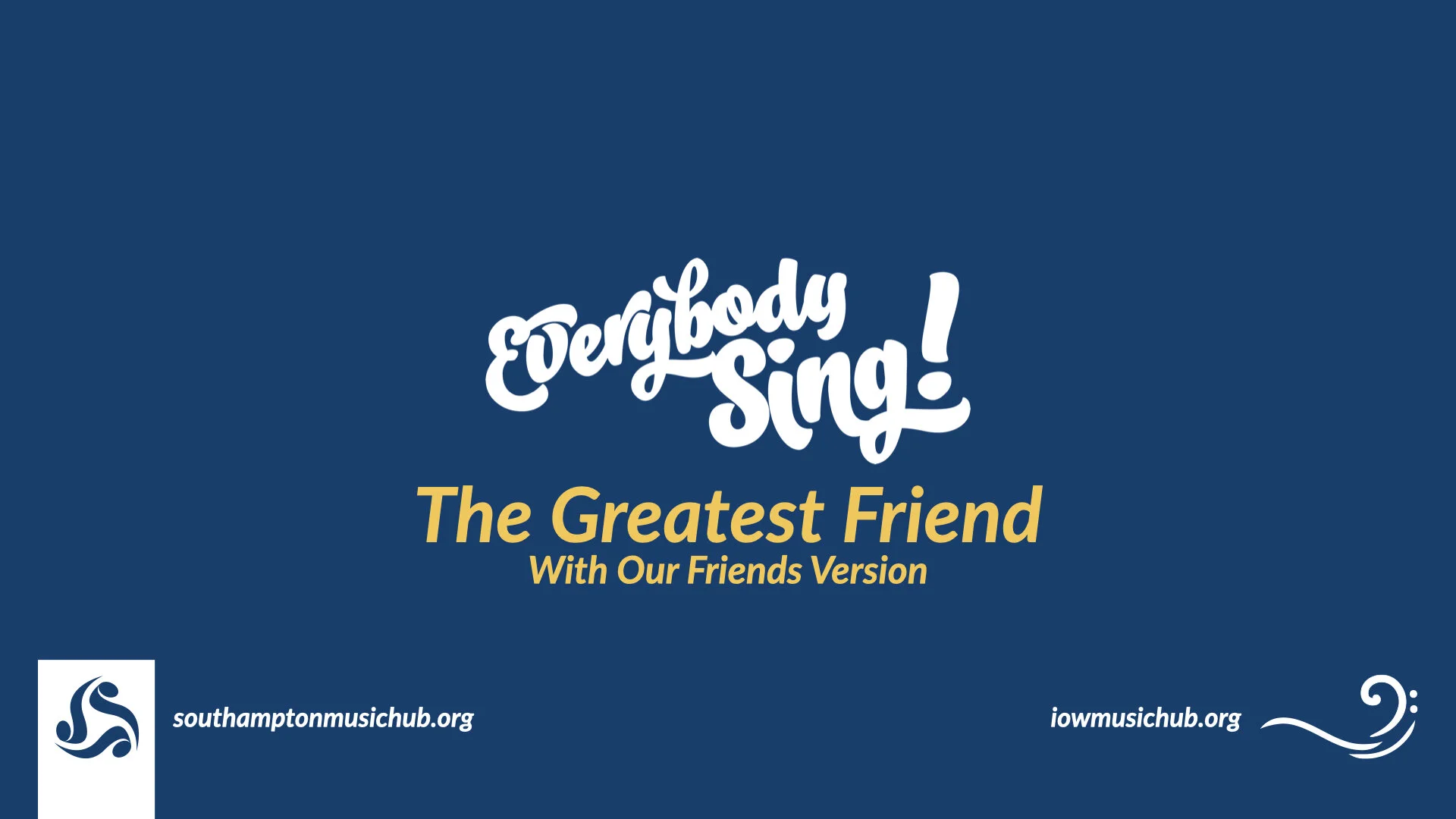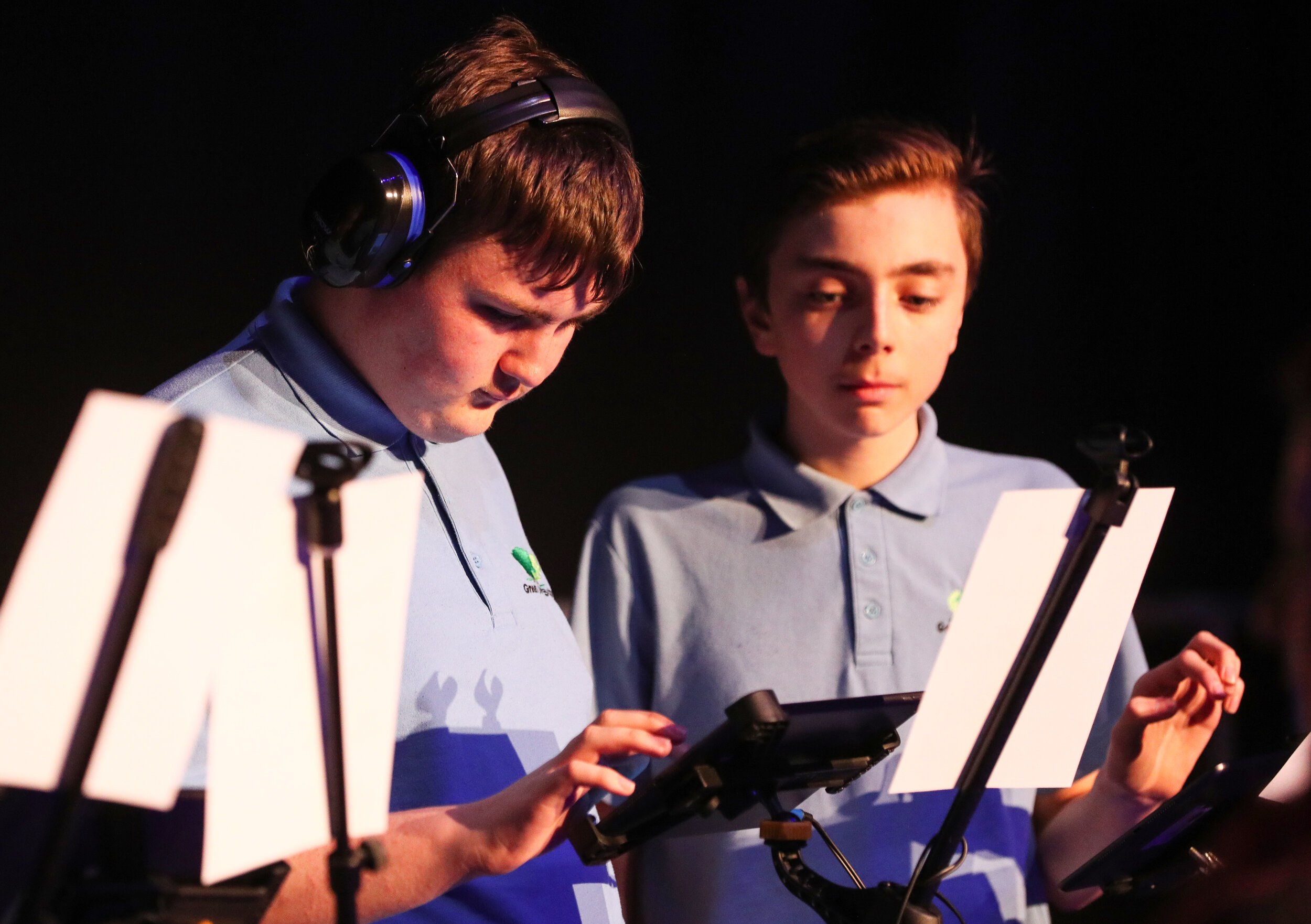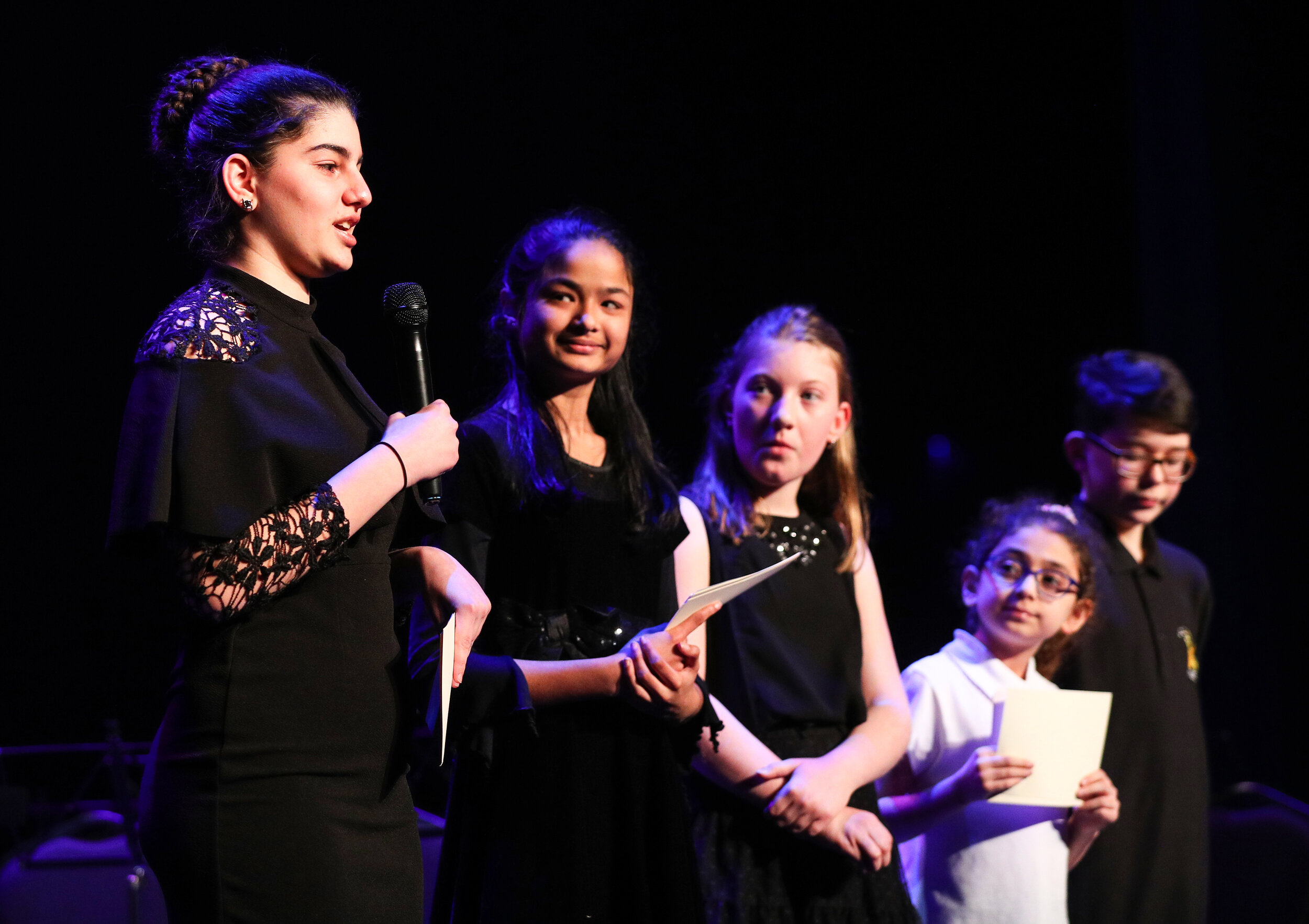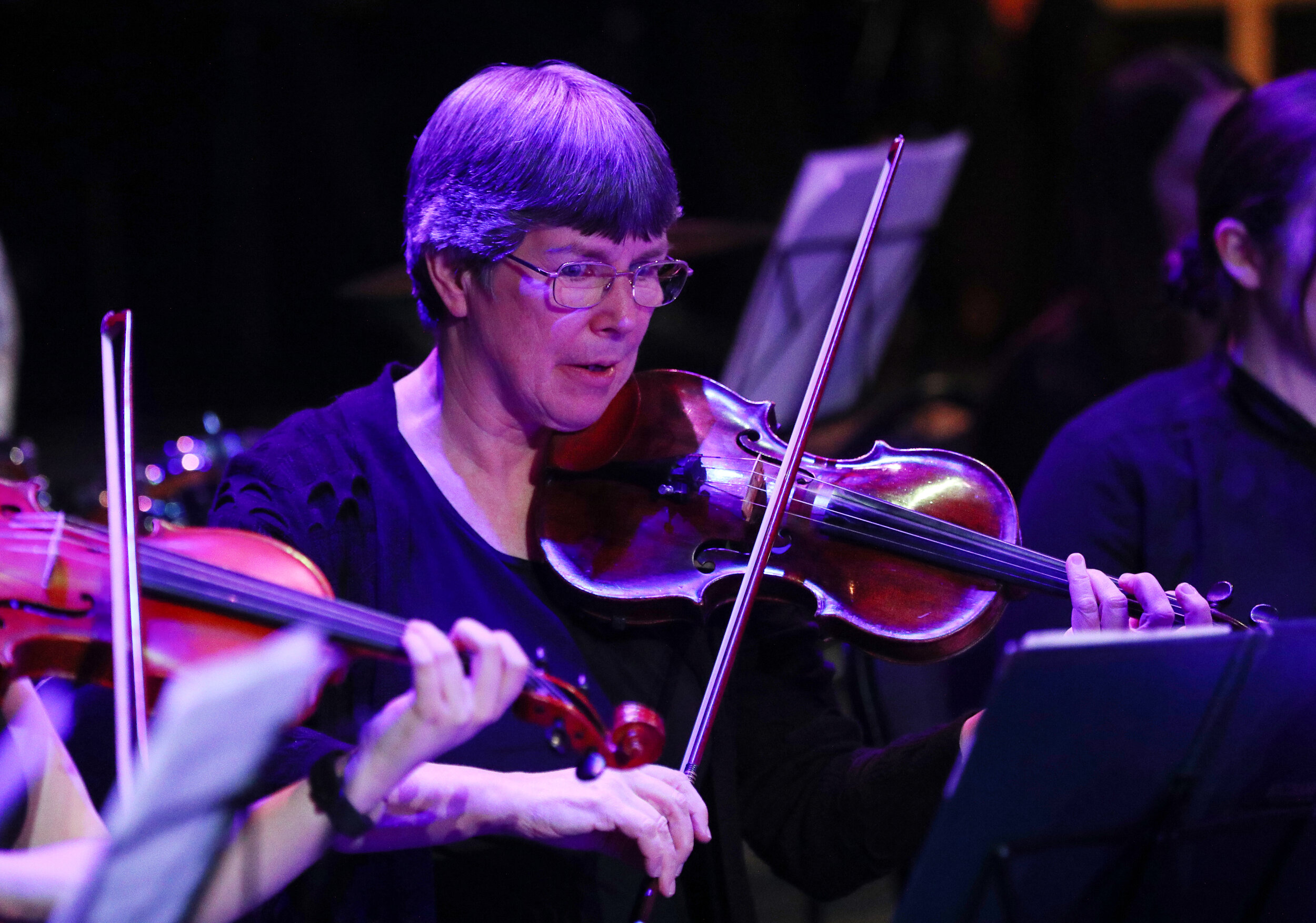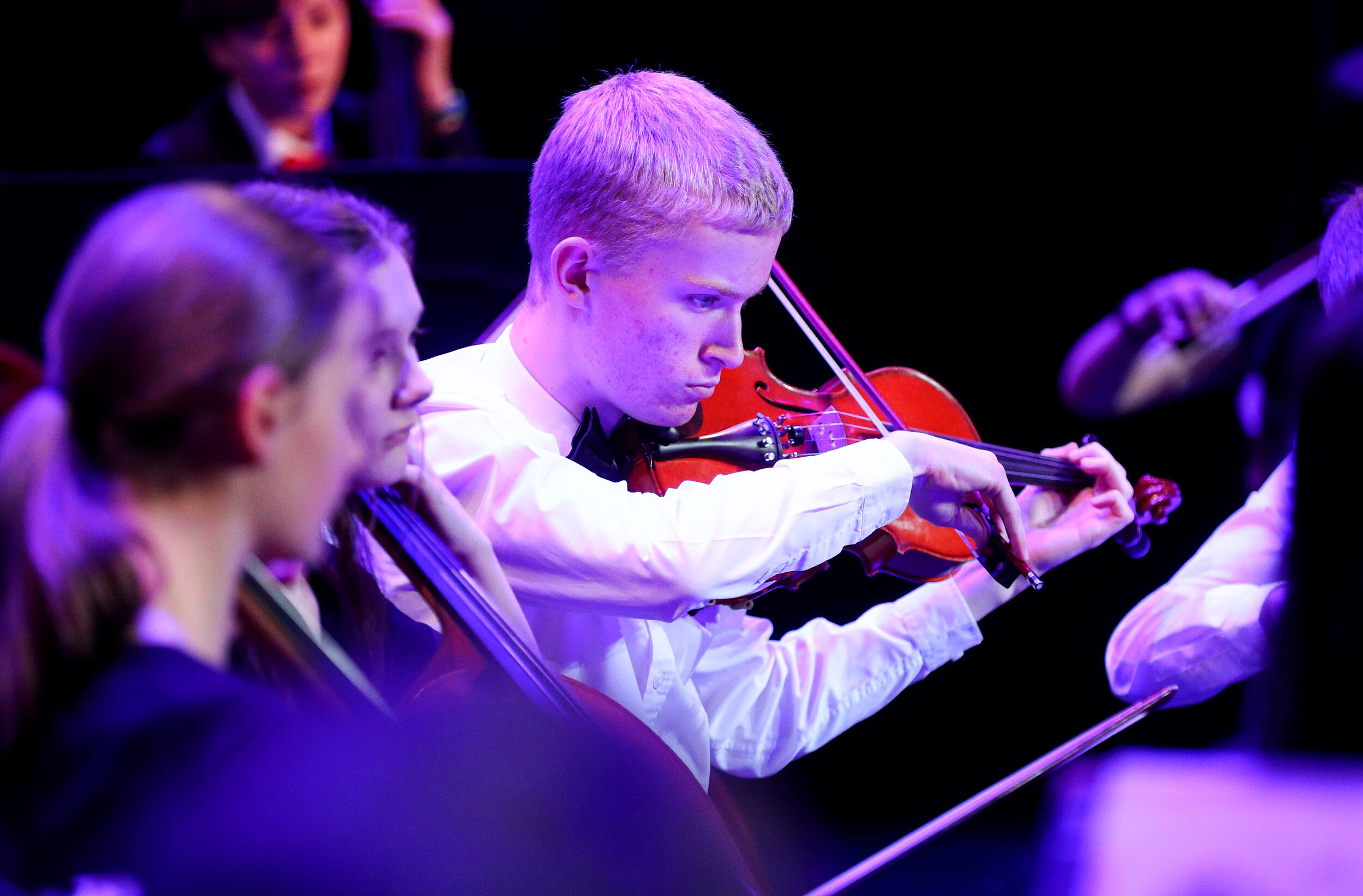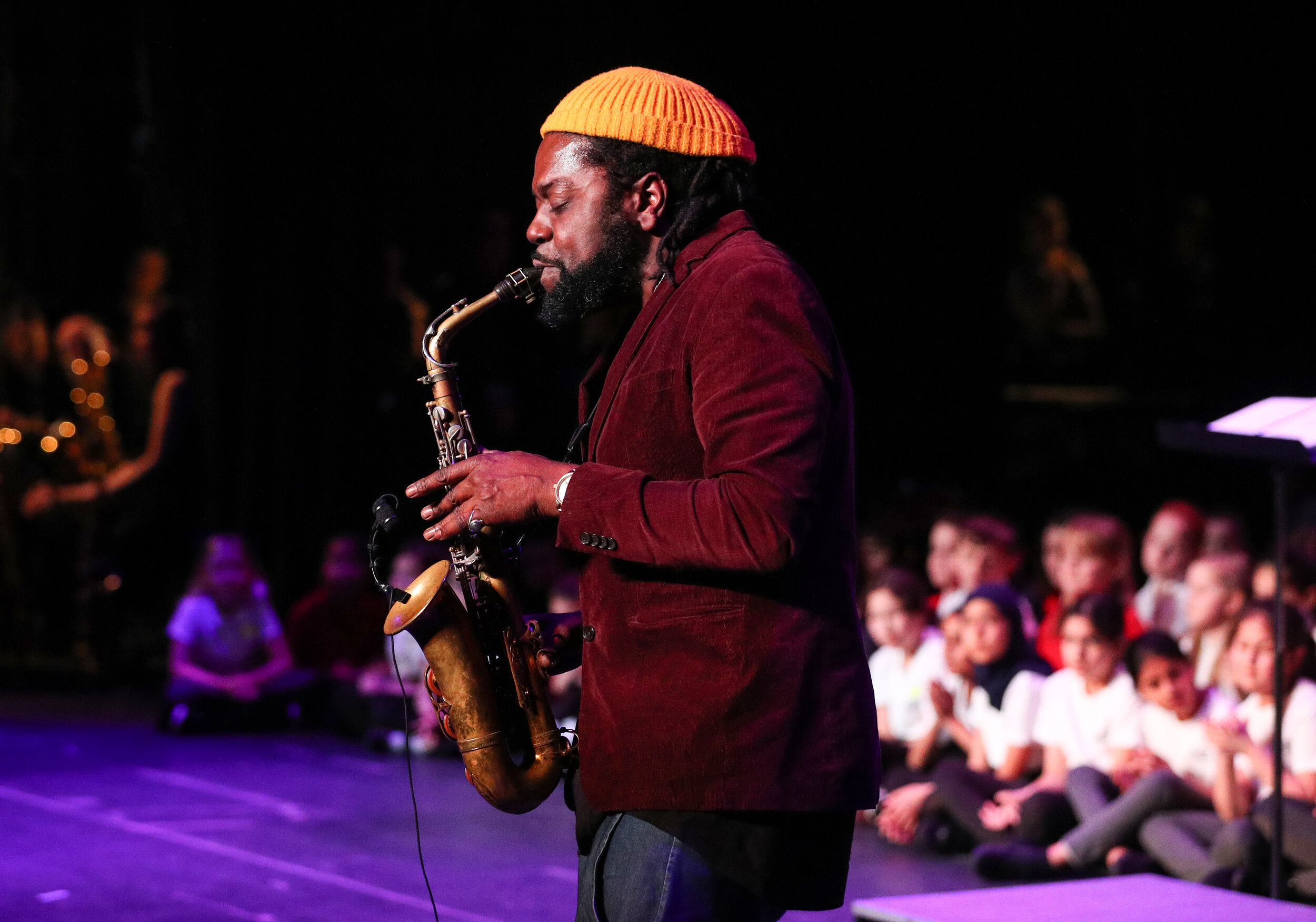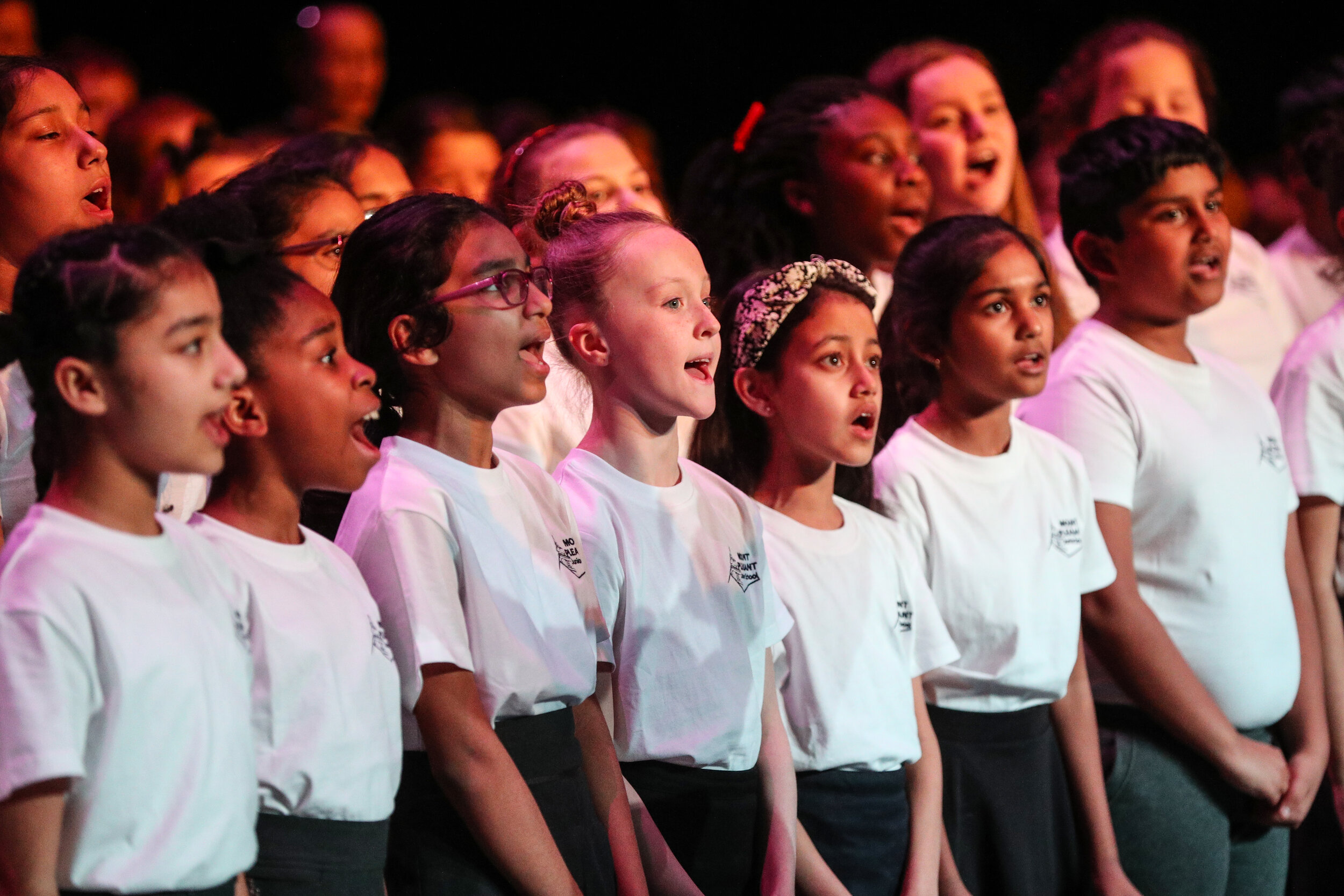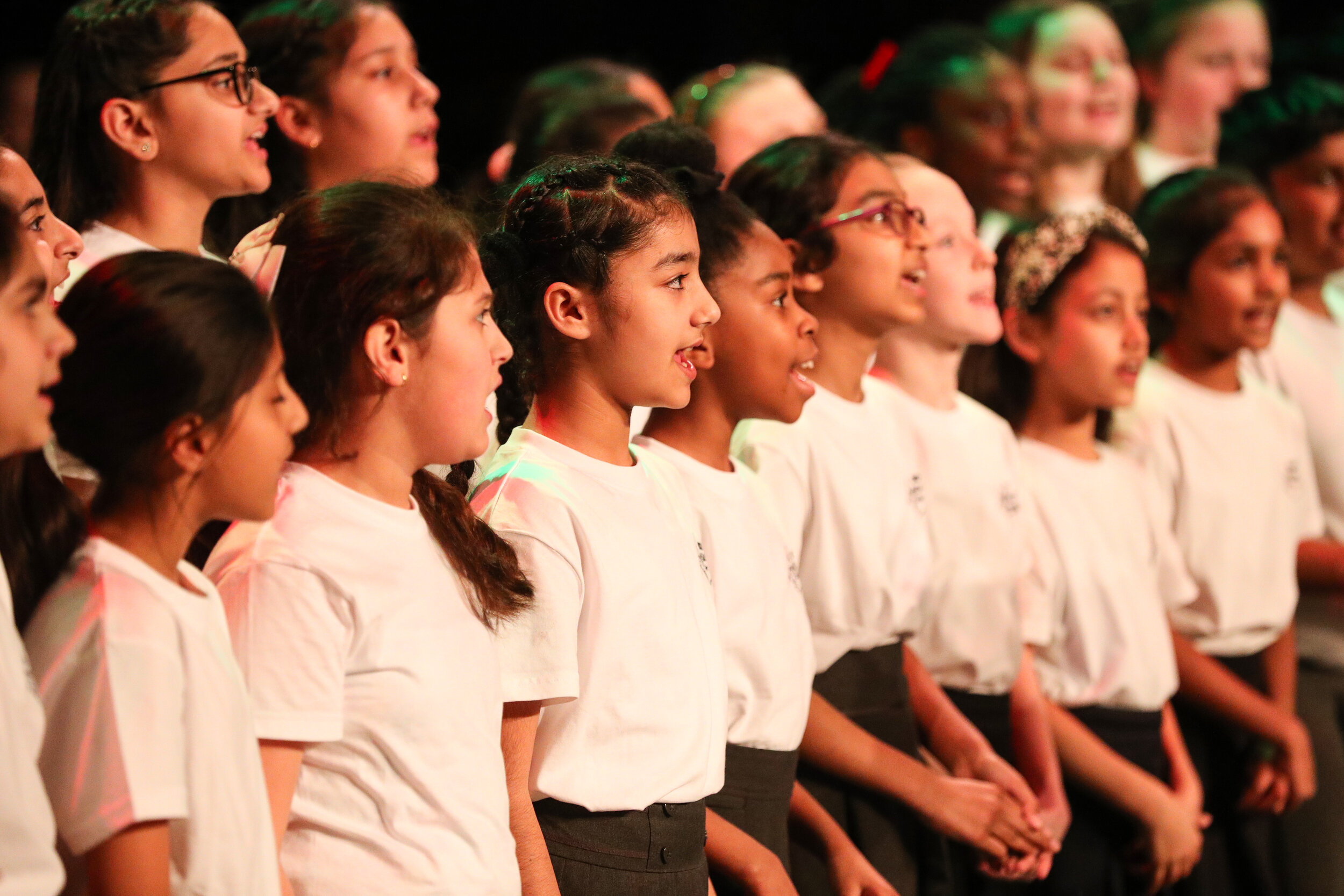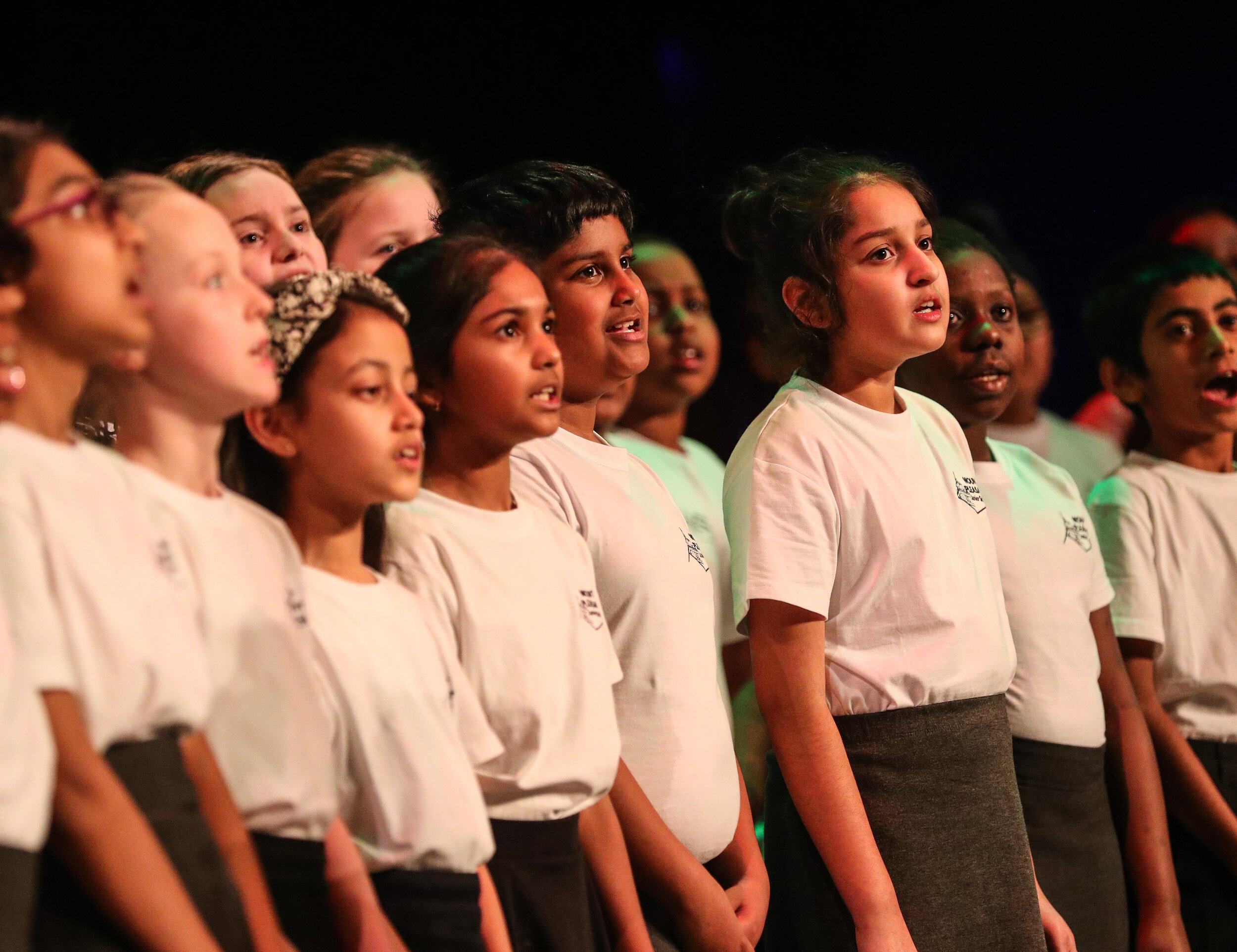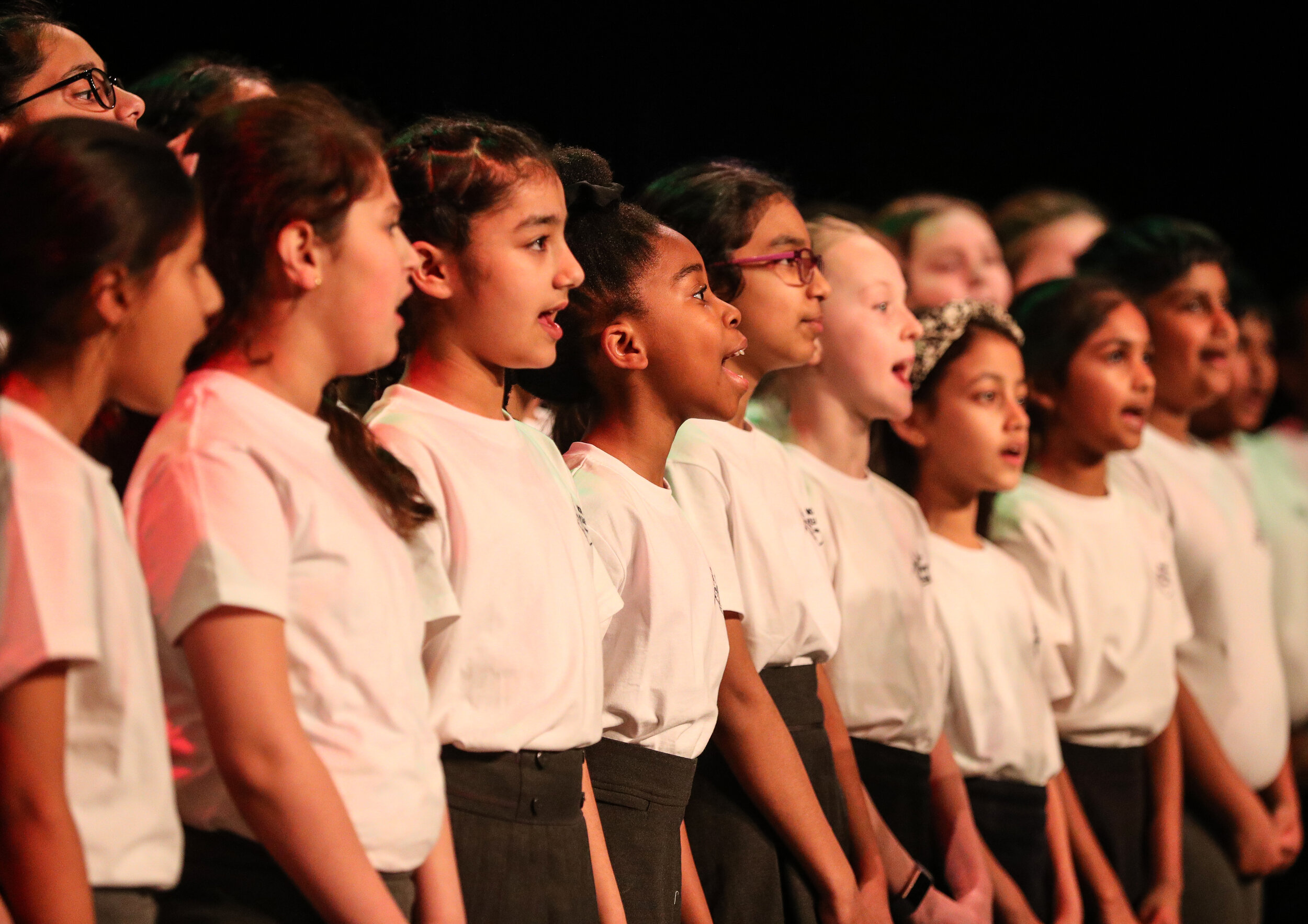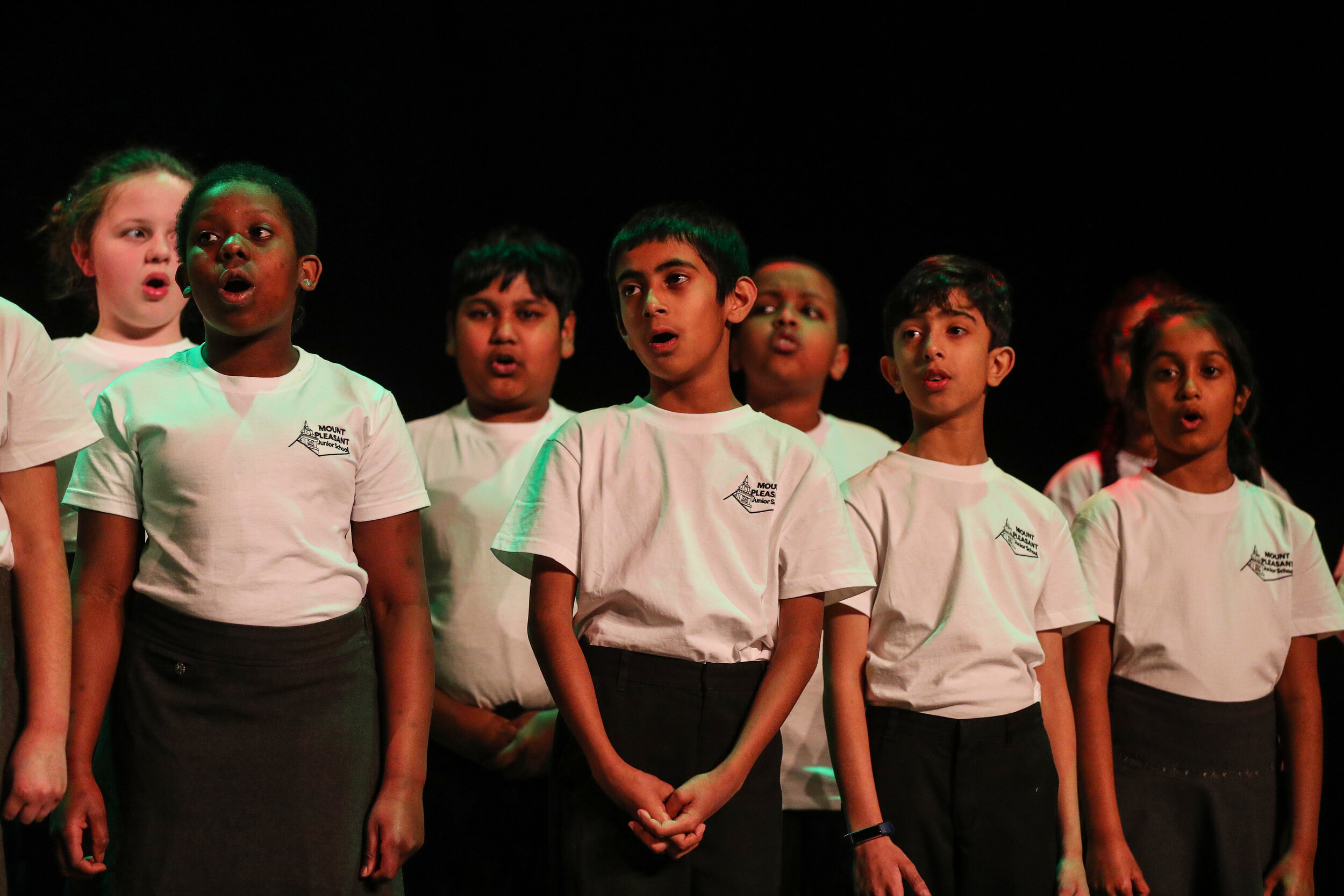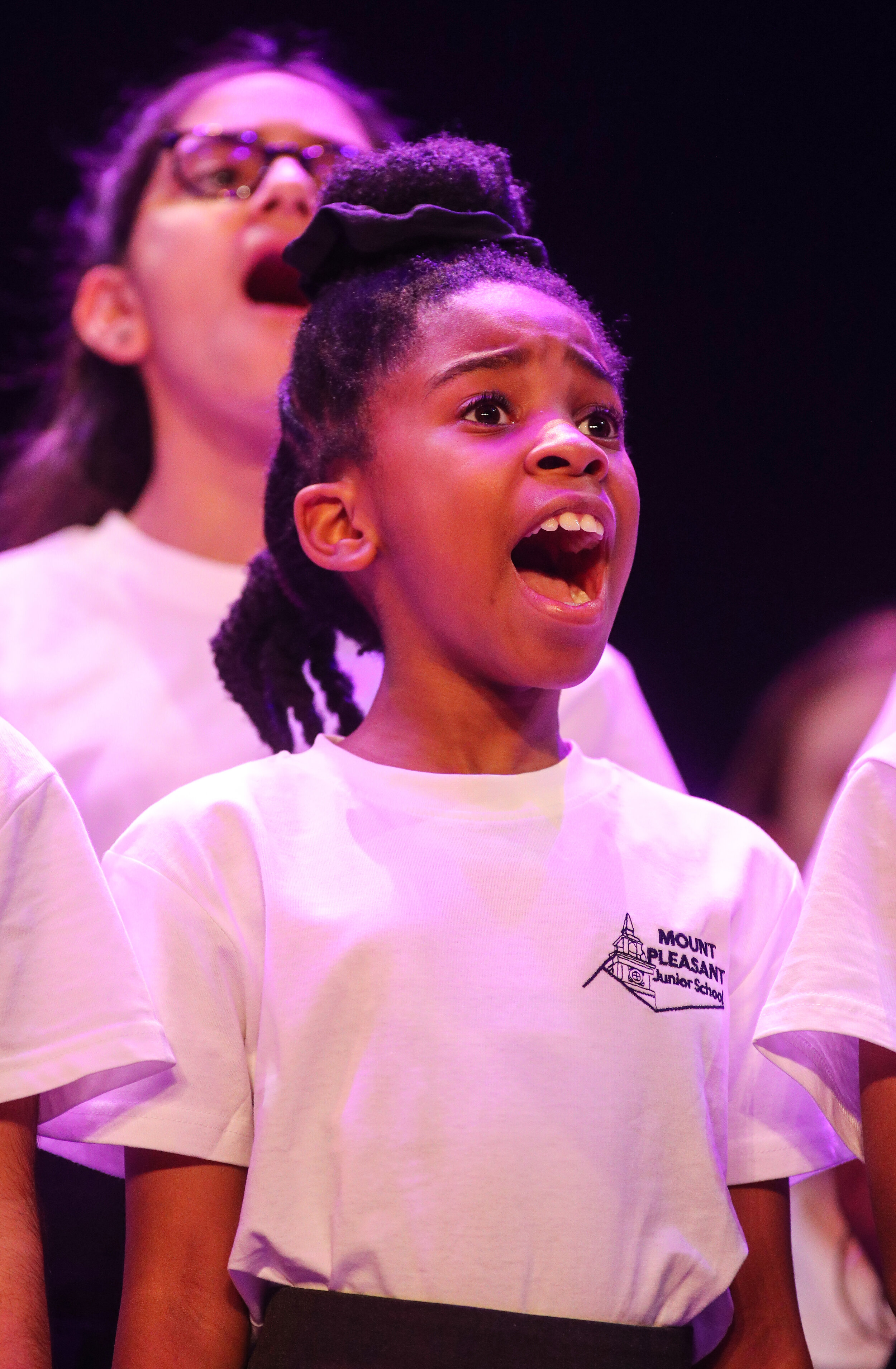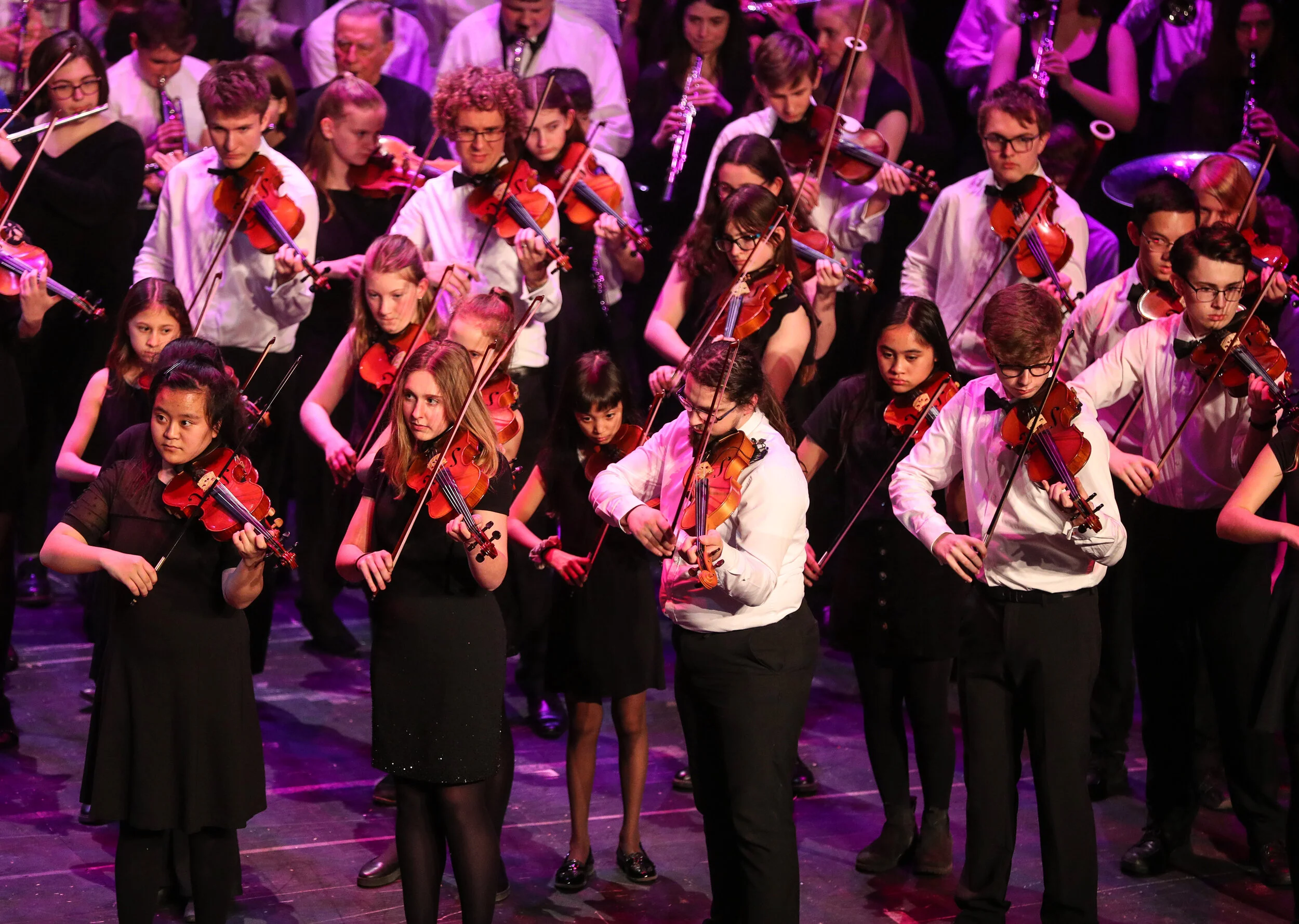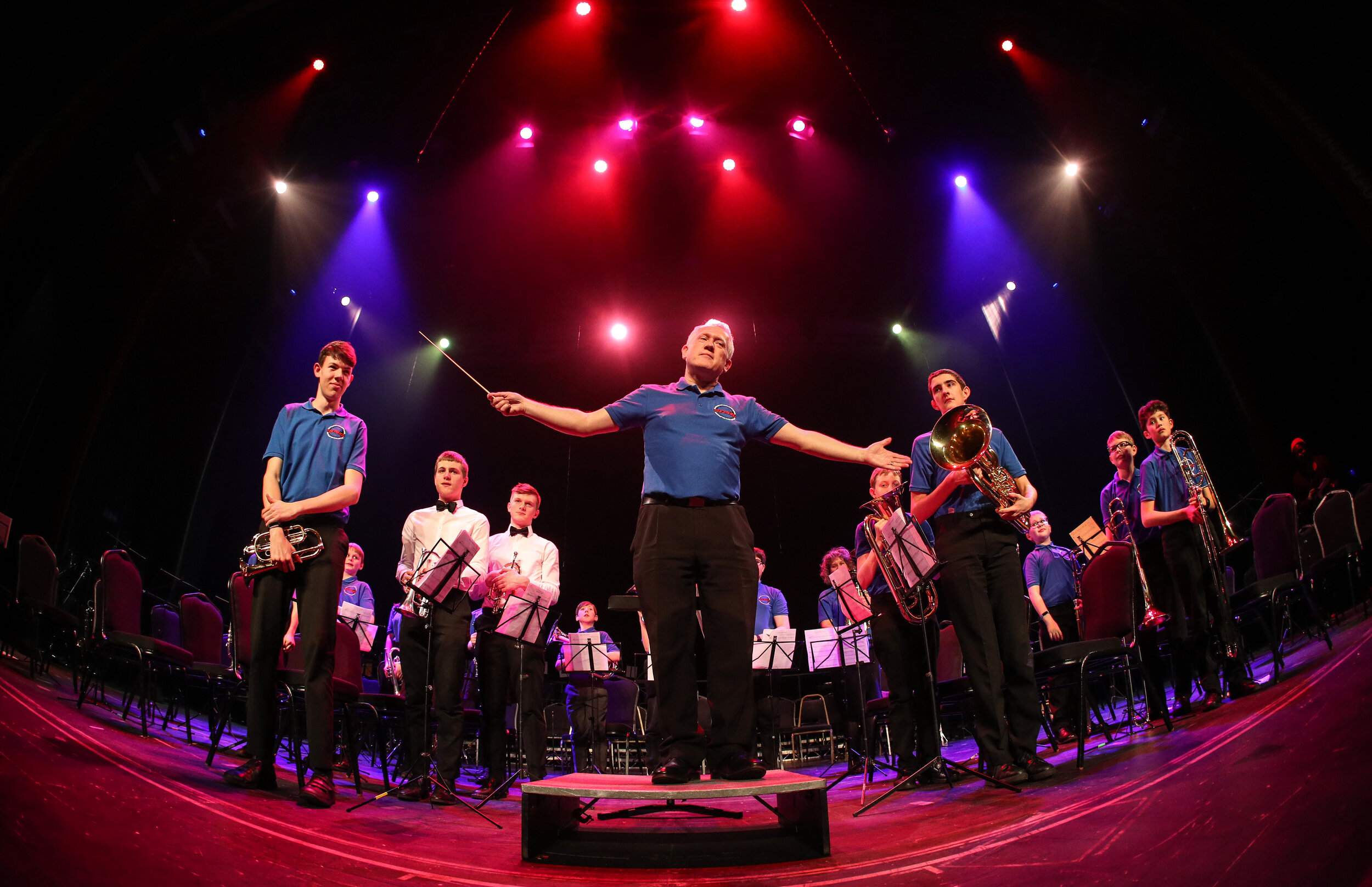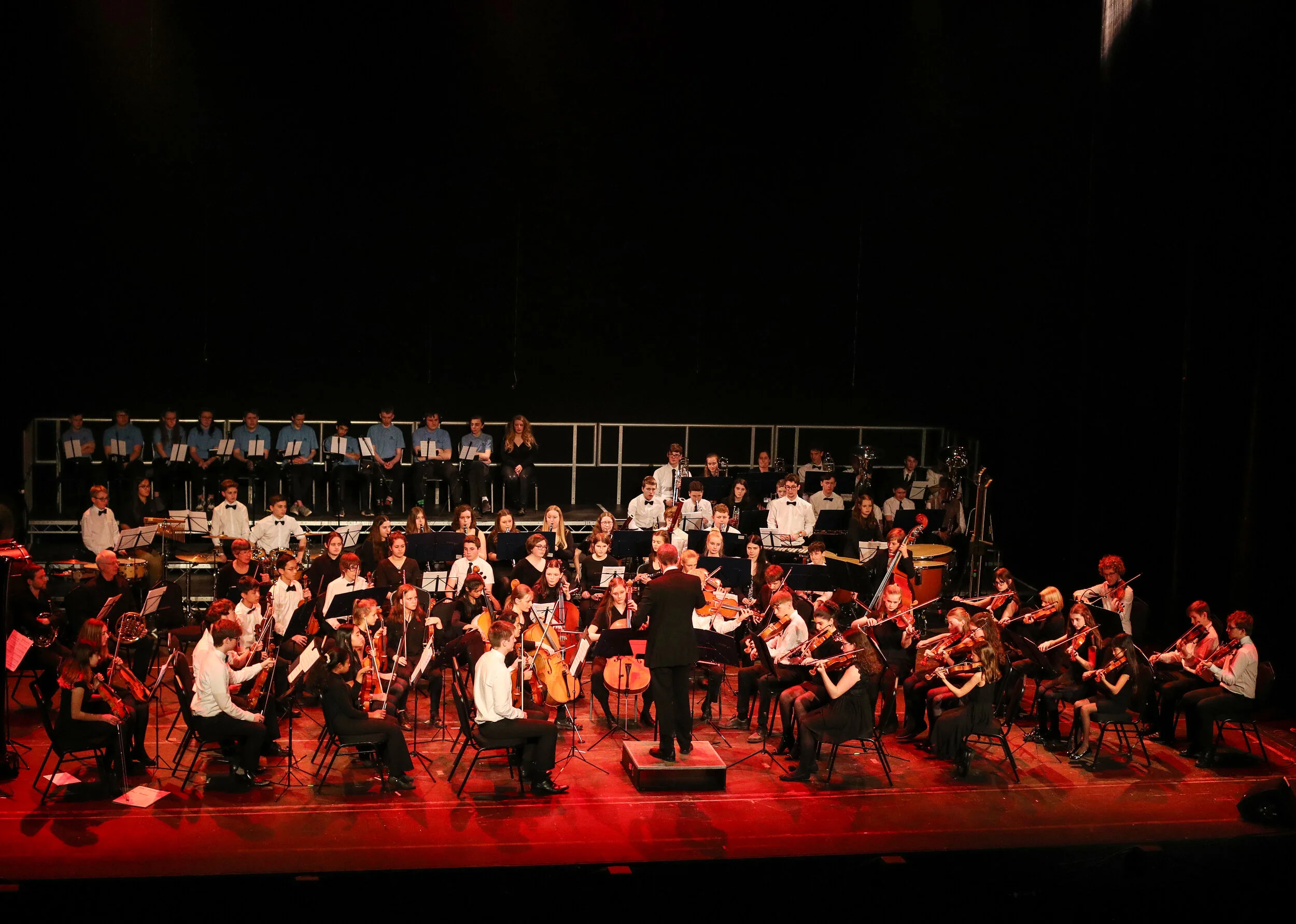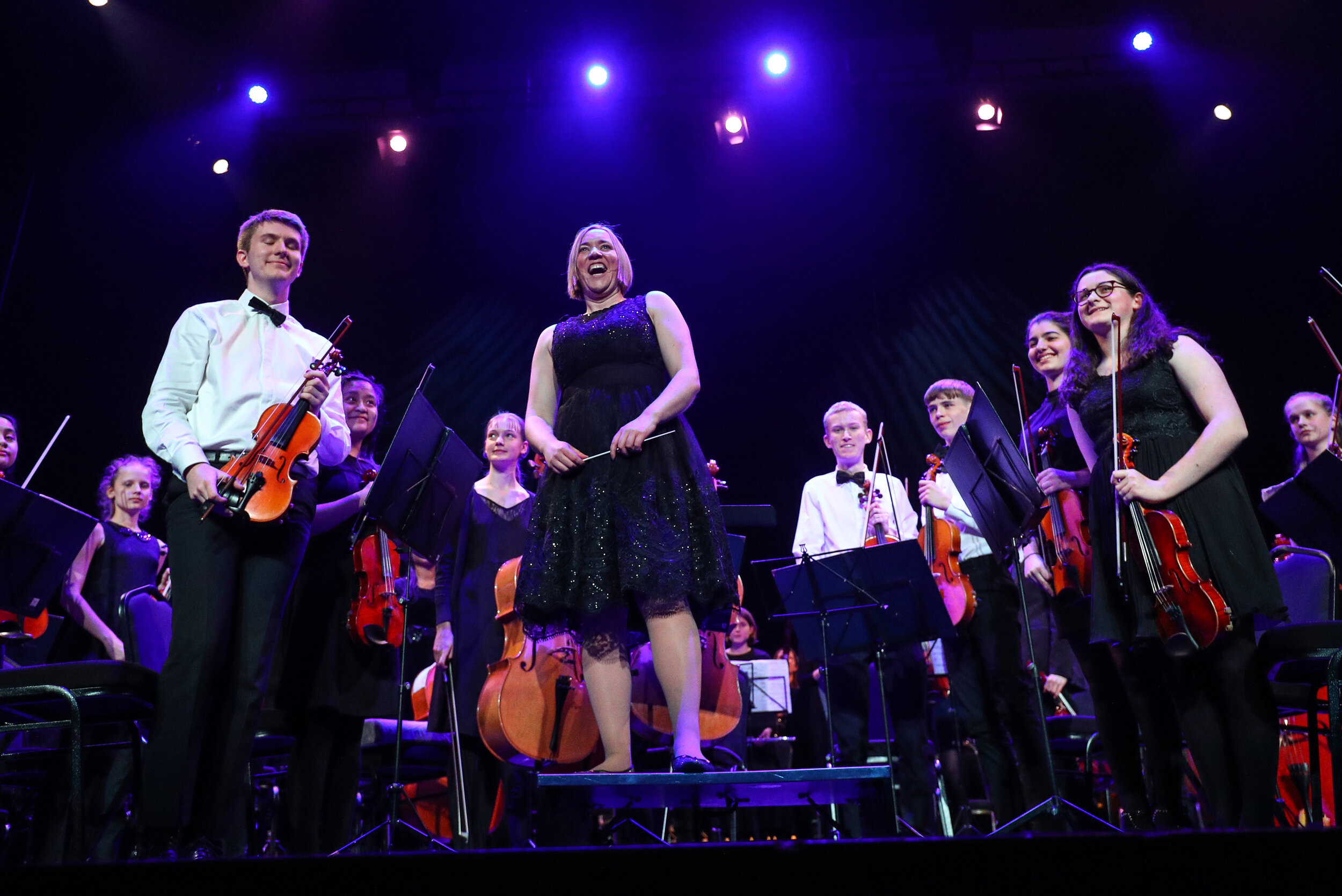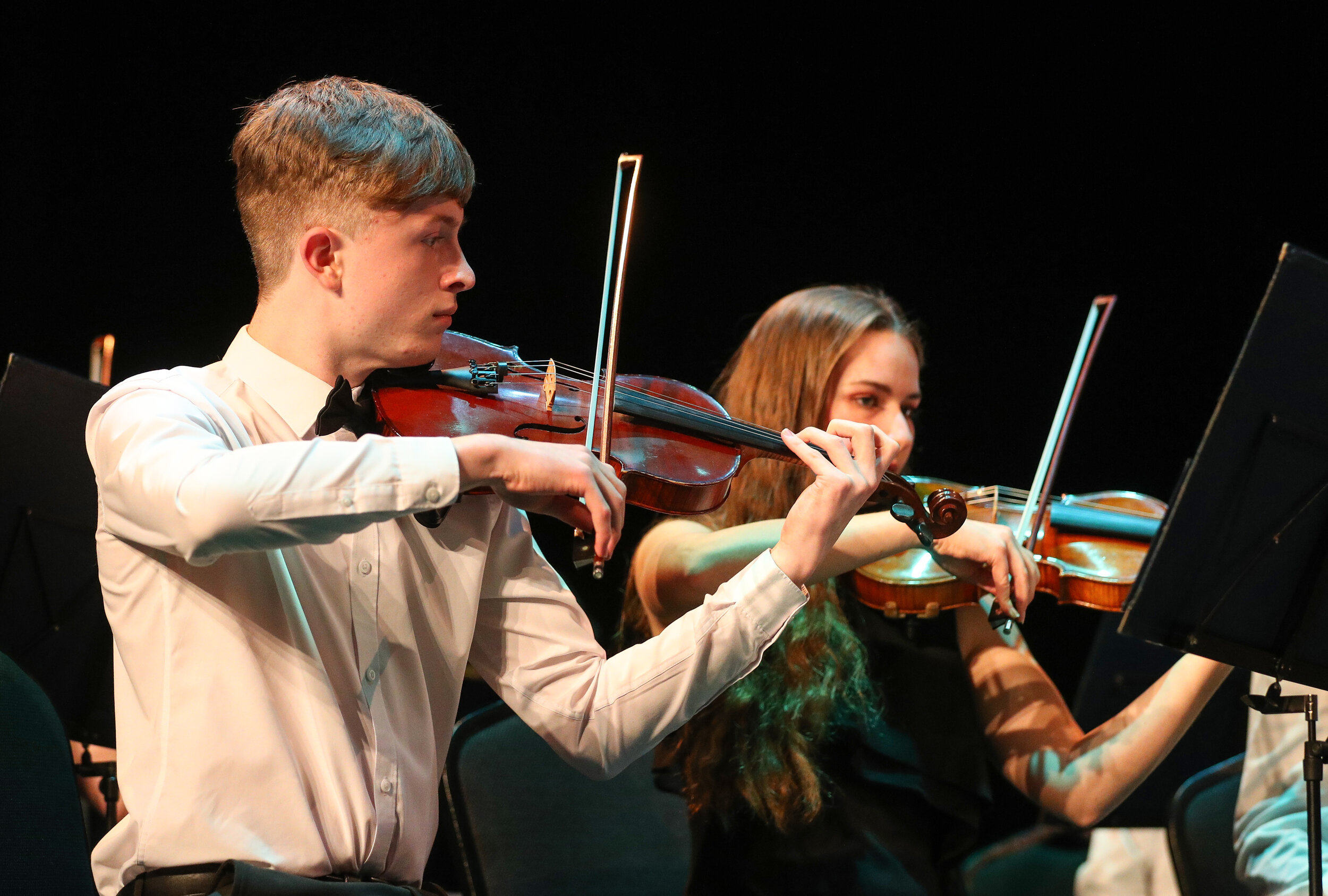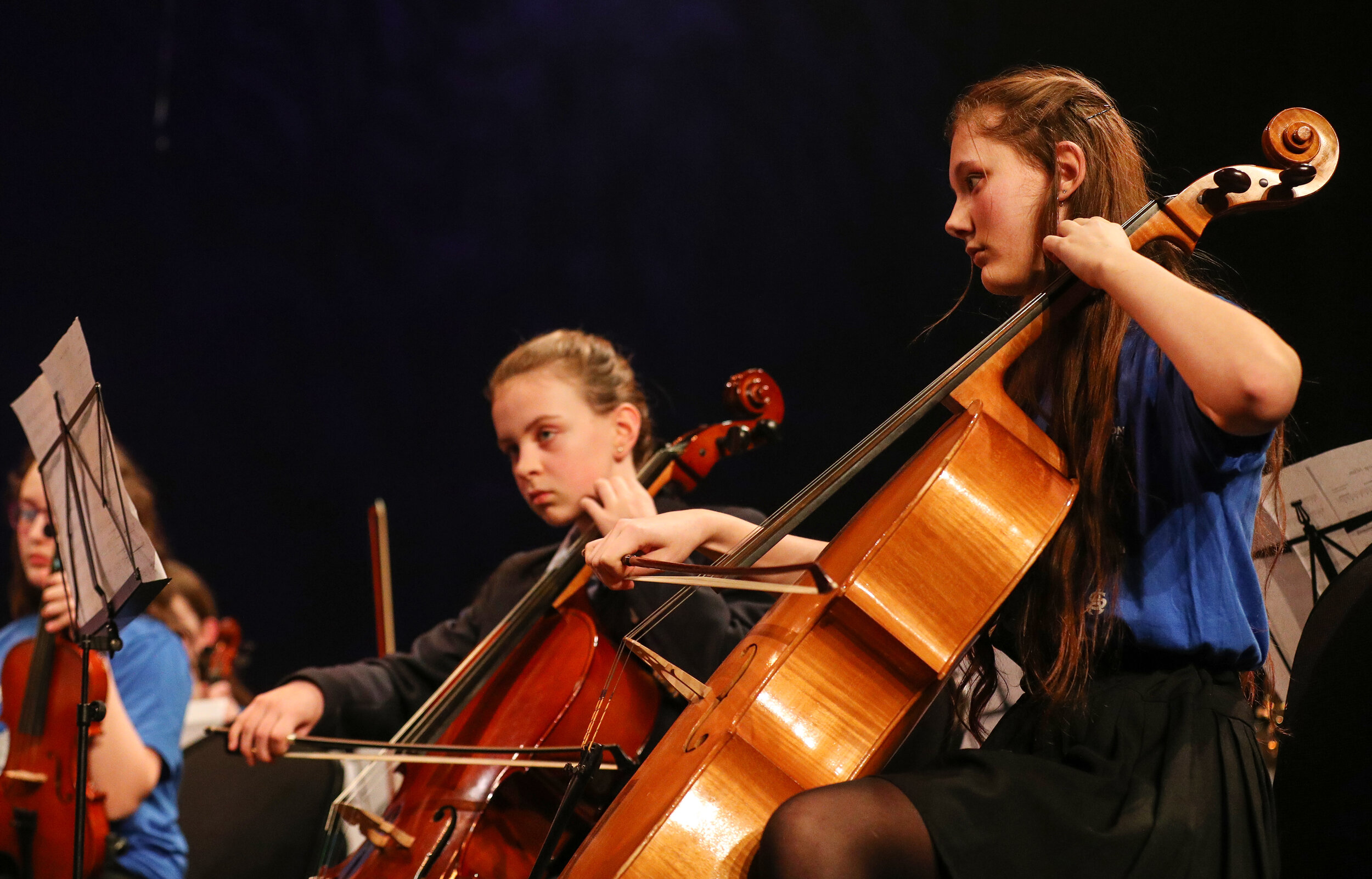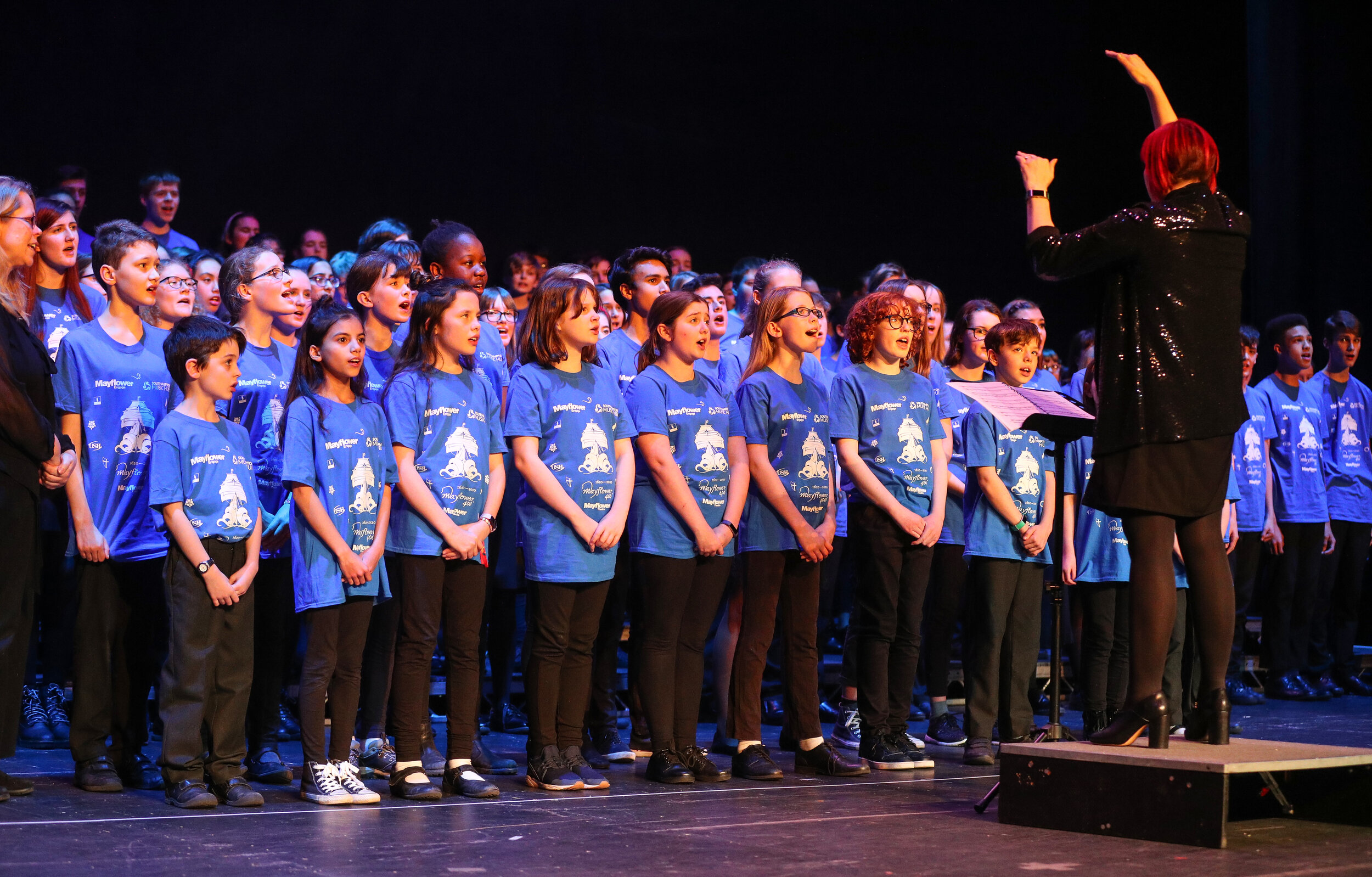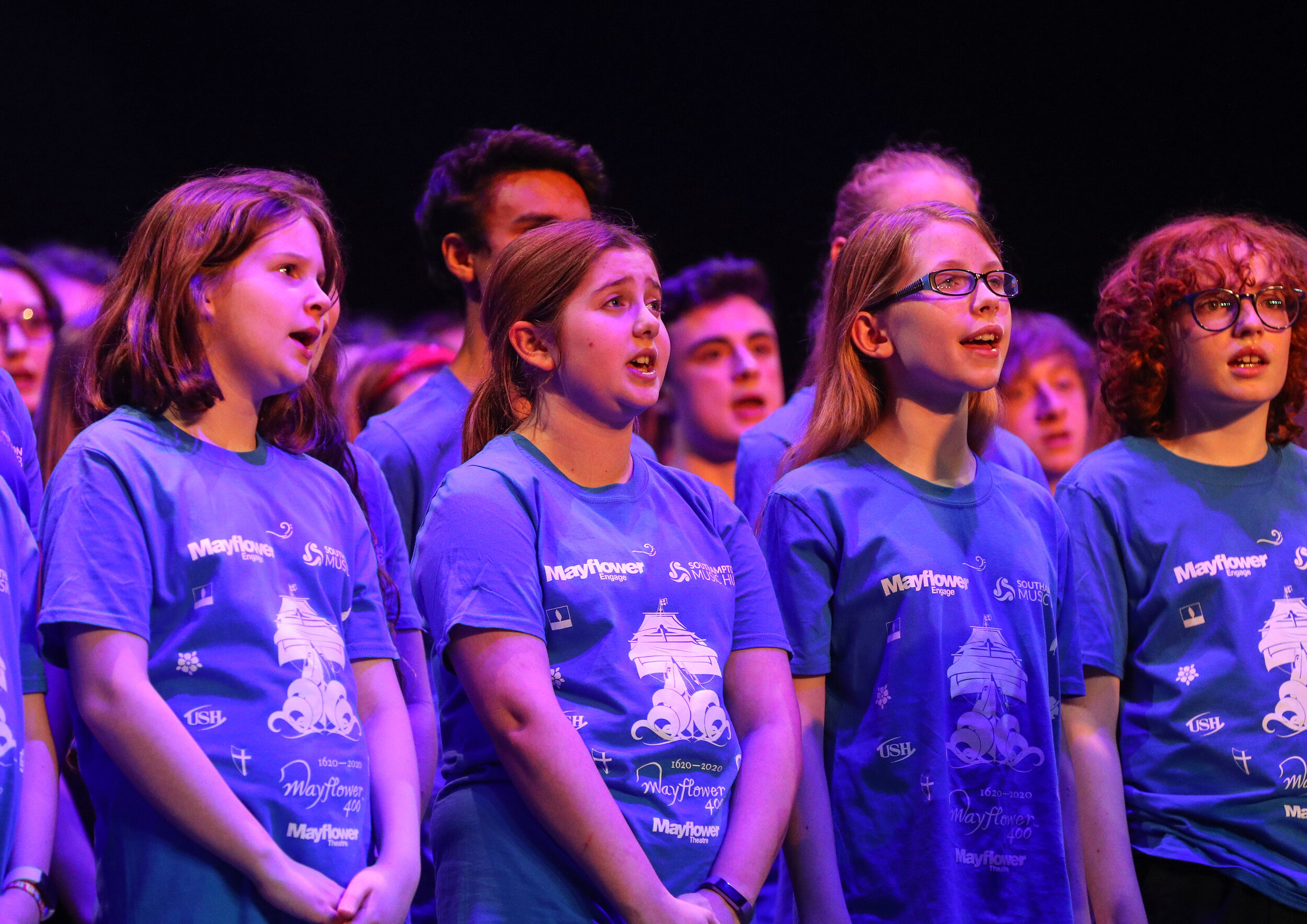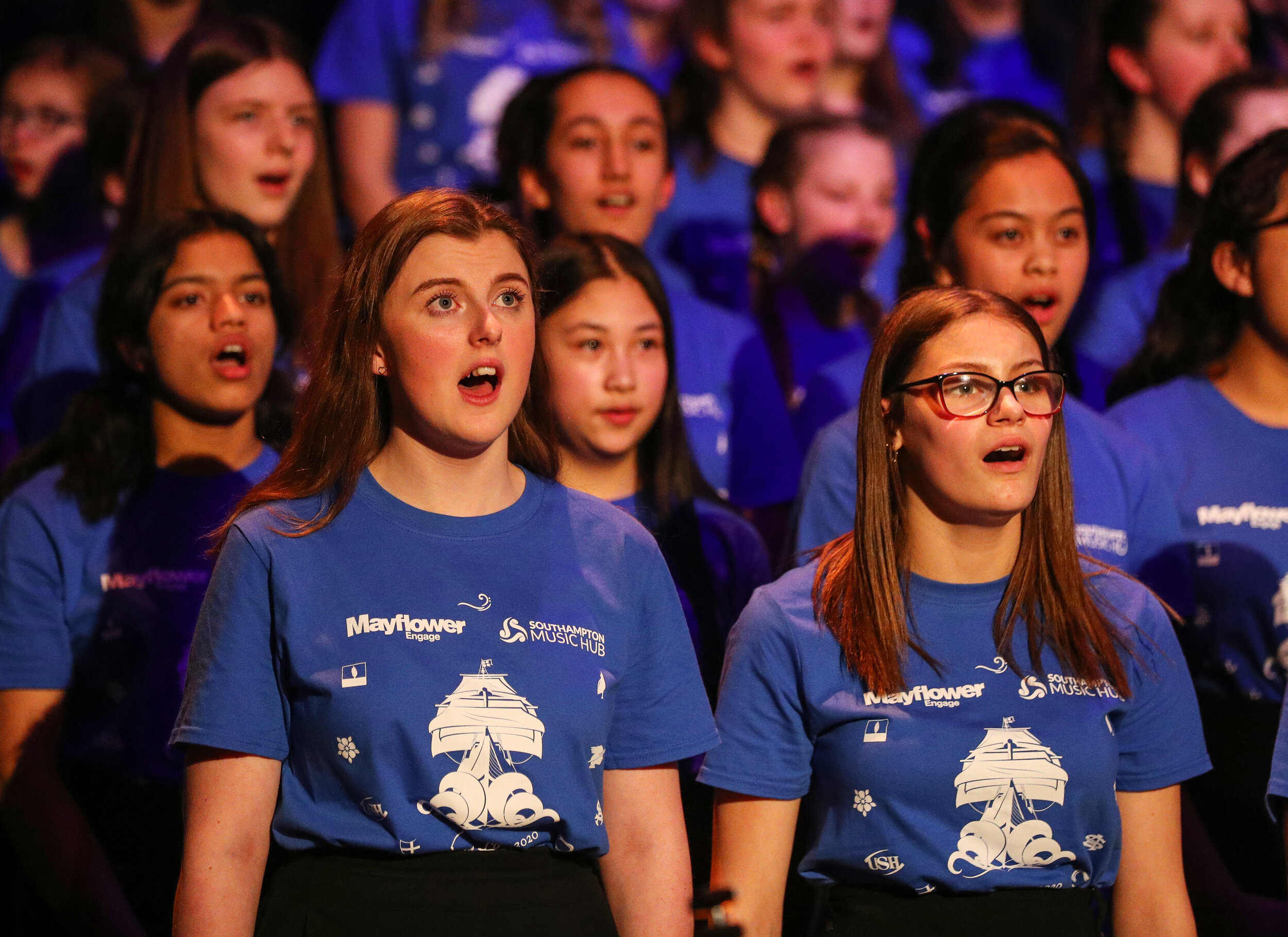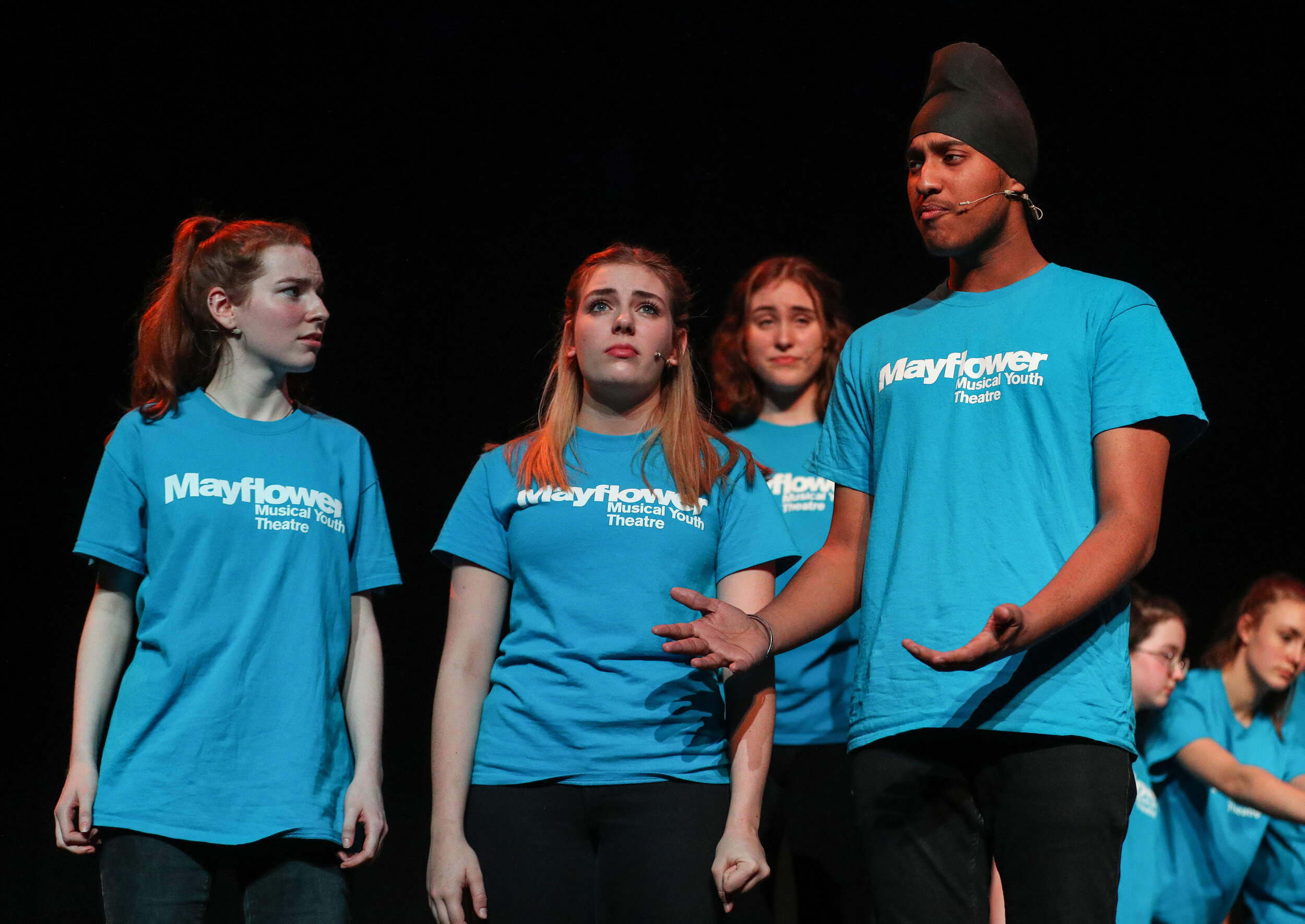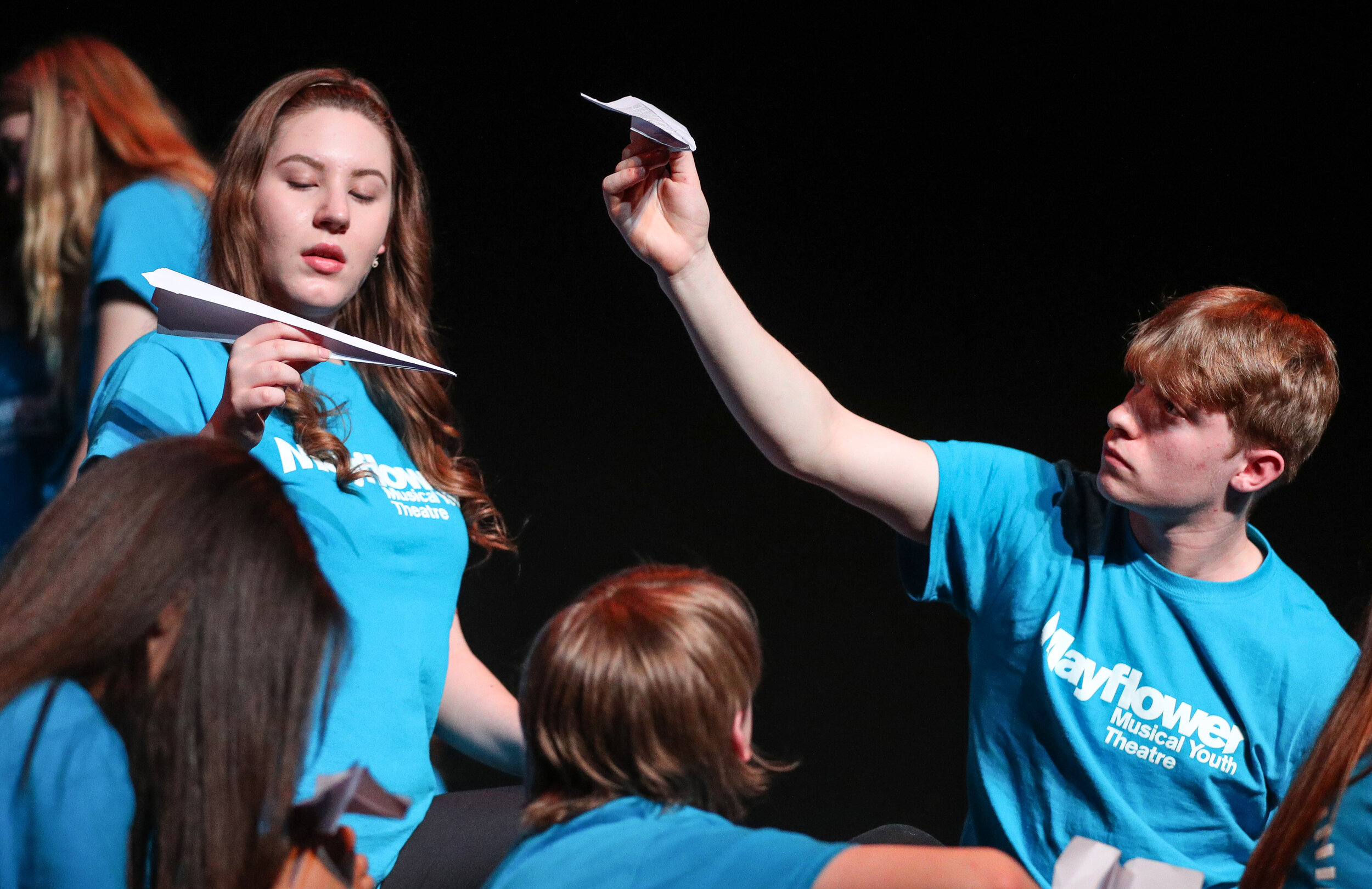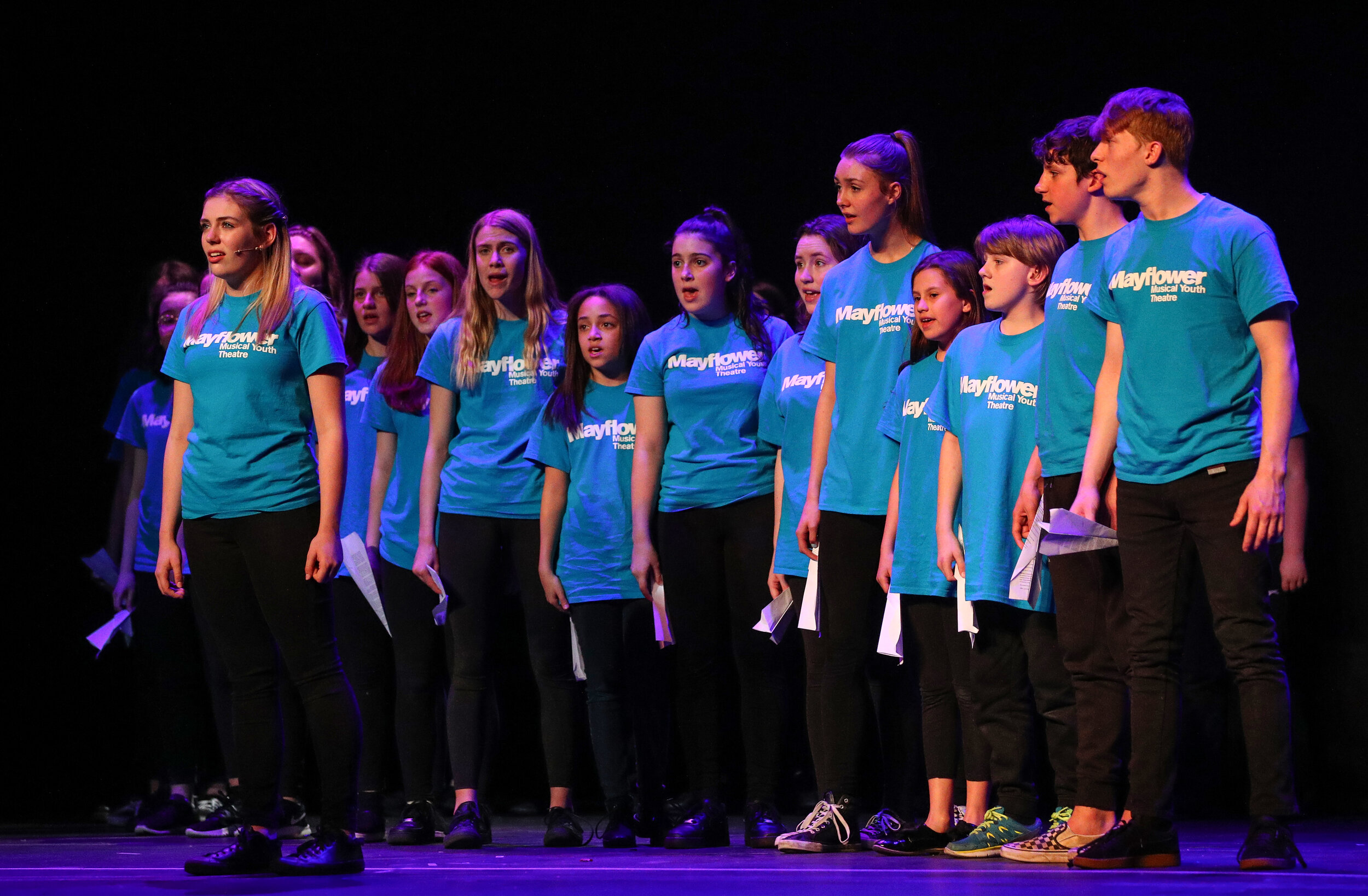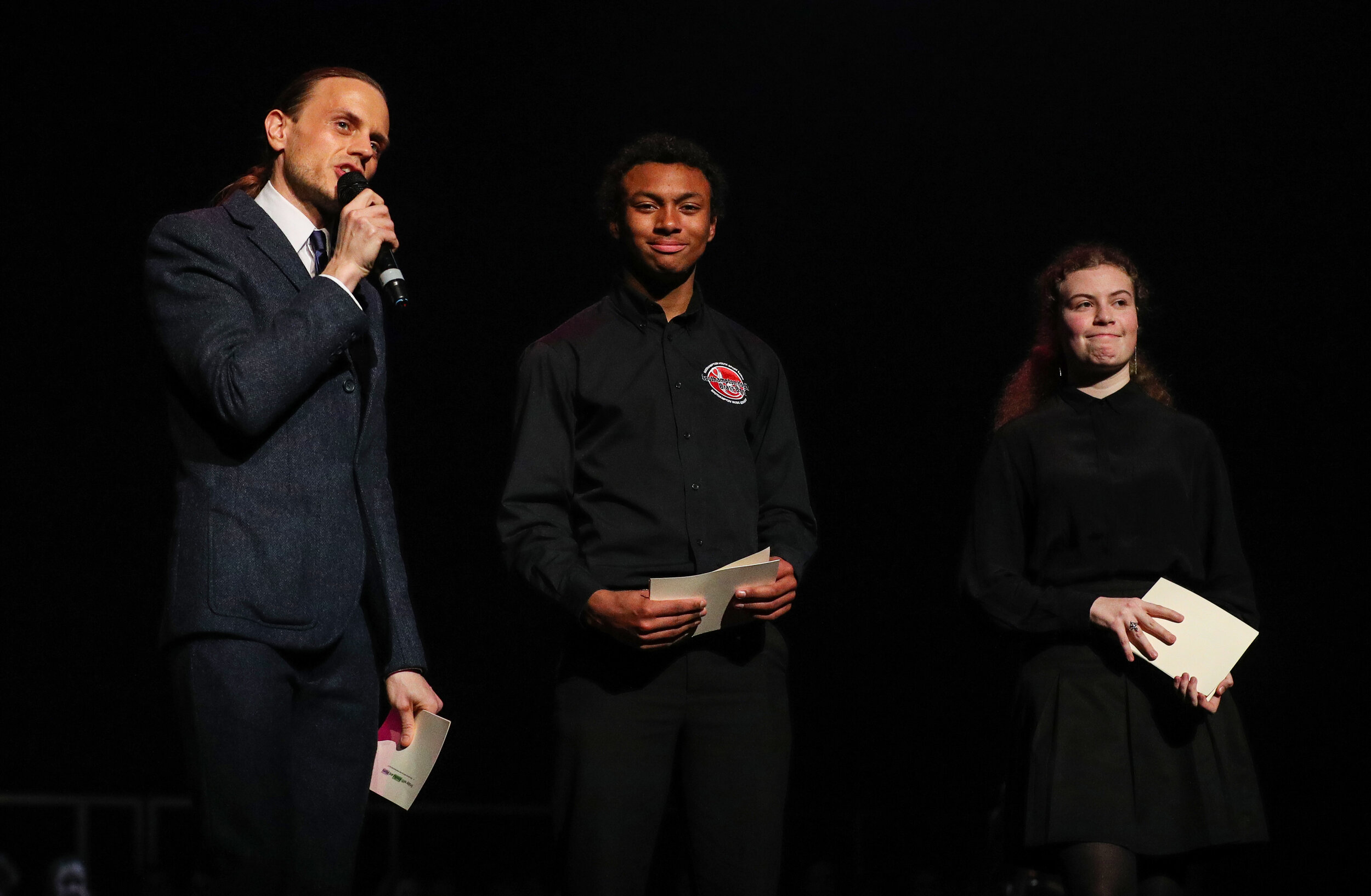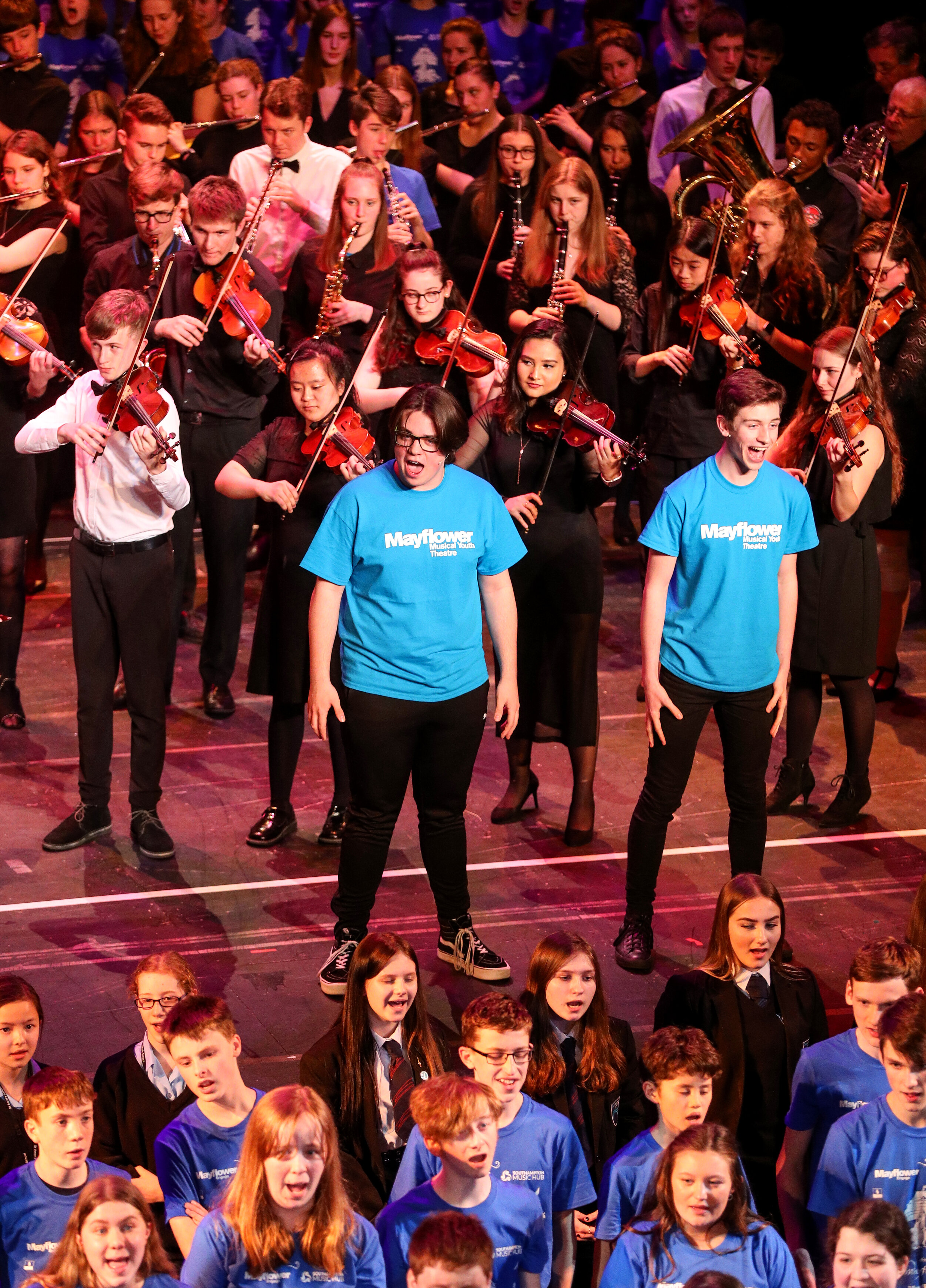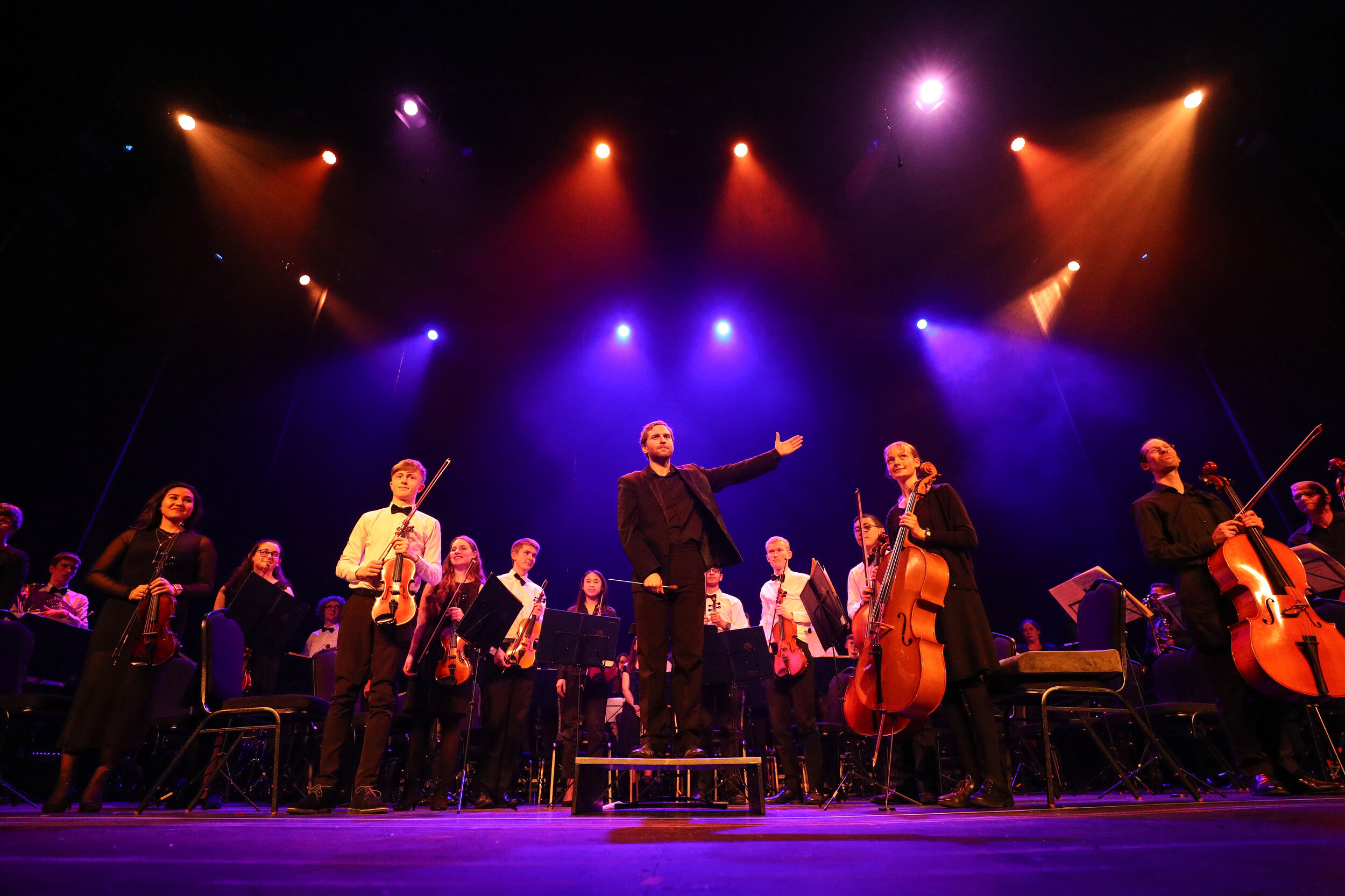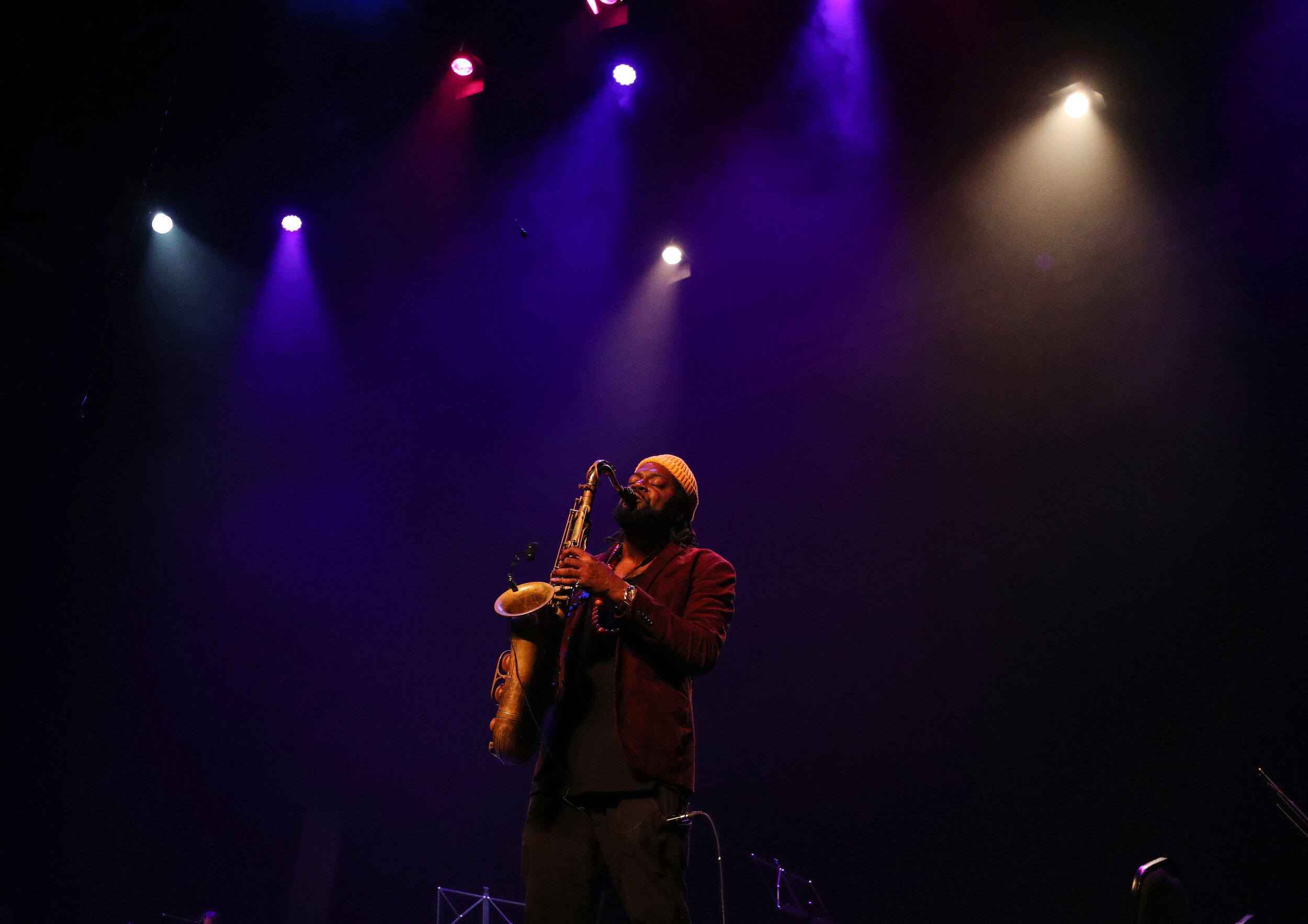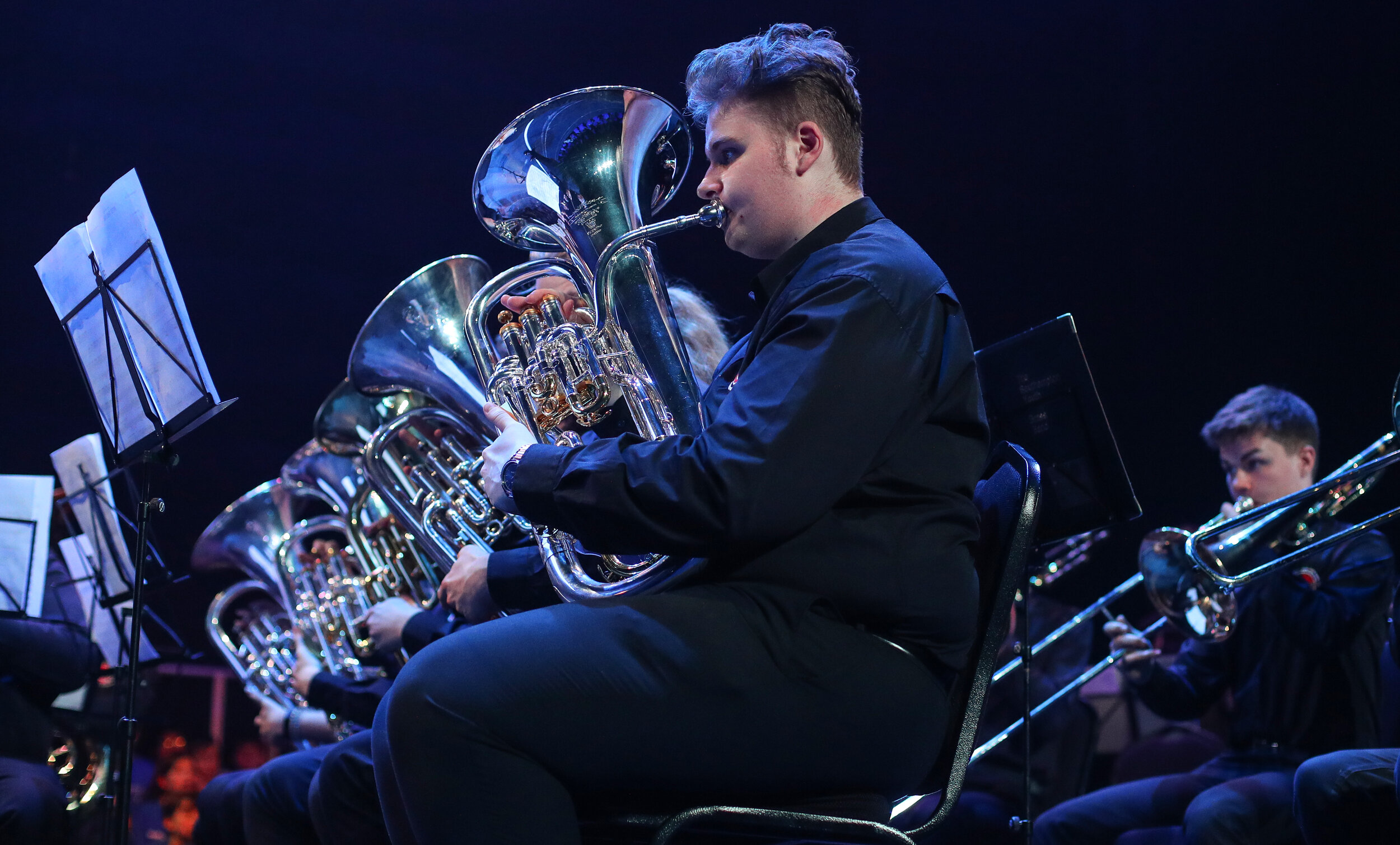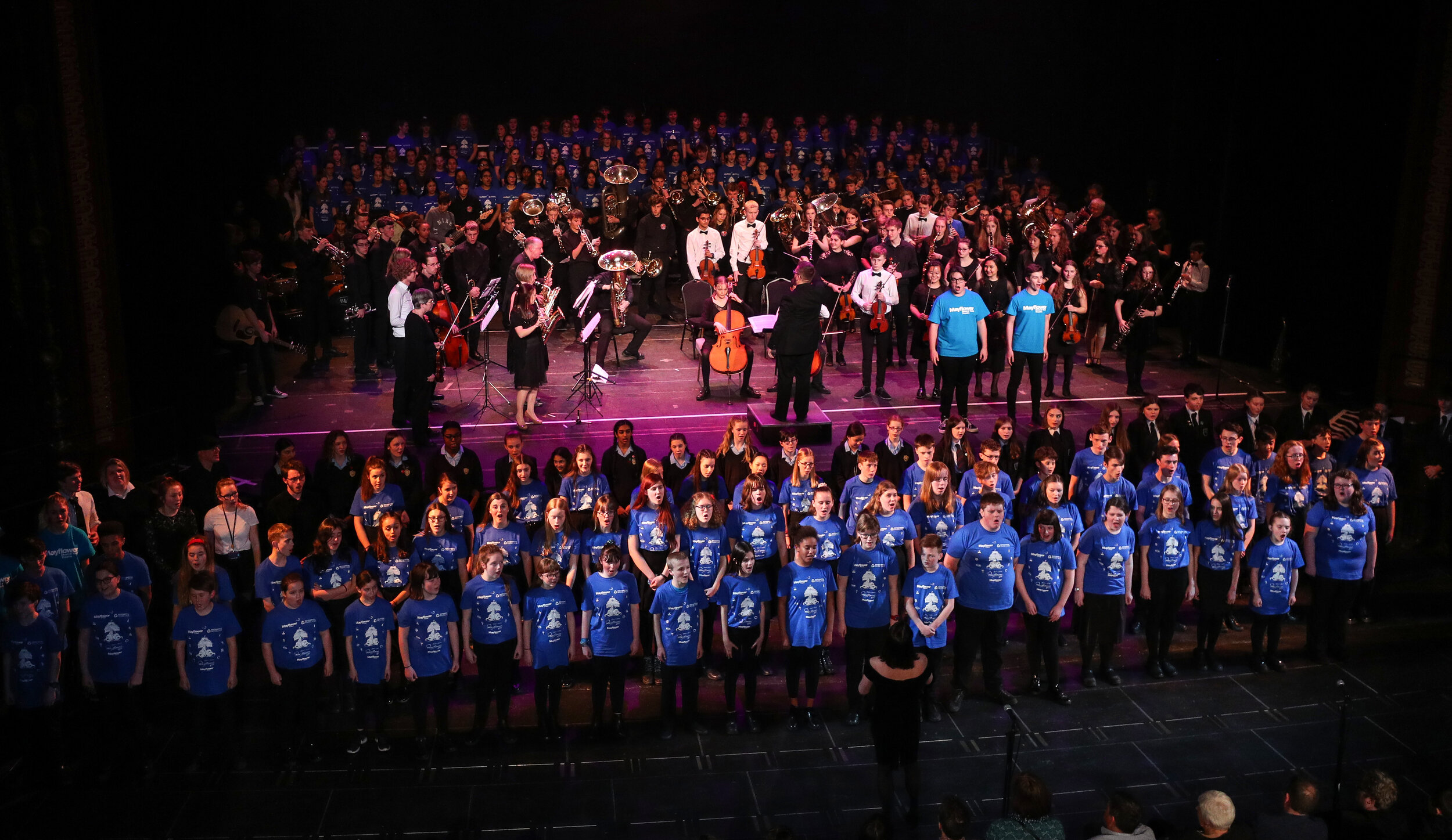Southampton and IOW Music Hubs are looking to recruit a talented young (18–25), BAME music artist and/or producer, who is passionate to work with younger musicians, producers and performers: helping them discover digital music genres, build musical and personal skills, and move forward towards better musical futures.
This role is part of the new ‘Digital Native Artists (DNA) Programme’ which has been funded by Art Council England.
Working across electronic dance music genres, modern rap and hip-hop genres (including grime, trap and drill) and progressive R&B and pop genres, you will help build a diverse and inclusive programme of music making and learning.
You will use your music and production skills to develop and deliver a programme of digital music resources, workshops, and events which engage with aspiring young musicians in schools and other settings across the region. The programme will enable participants to improve their musical skills, develop new personal skills, and inspire them to continue making music in the future.
This a development role, and training and support will be given to help build your teaching and learning skills, as well as mentoring and support to help you develop a wide range of professional skills for working within formal and informal education settings.
This role is a one year (48 weeks), fixed-term contract, for one day per week (6–8 hours) starting in Autumn 2020. Salary is £400 per month, £4,800 total.
Get in touch to send a CV, covering letter and a link to examples of your music.
Applications should be received no later than 12noon on Friday 16 October 2020.
Interviews, via Google Meet, will take place during the week beginning Monday 19 October 2020.













